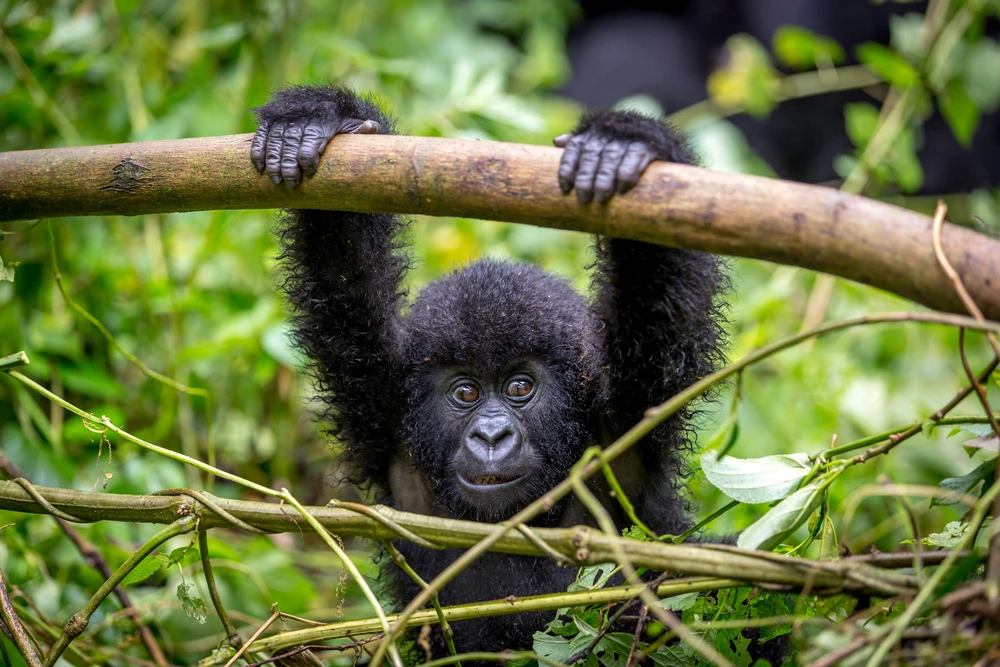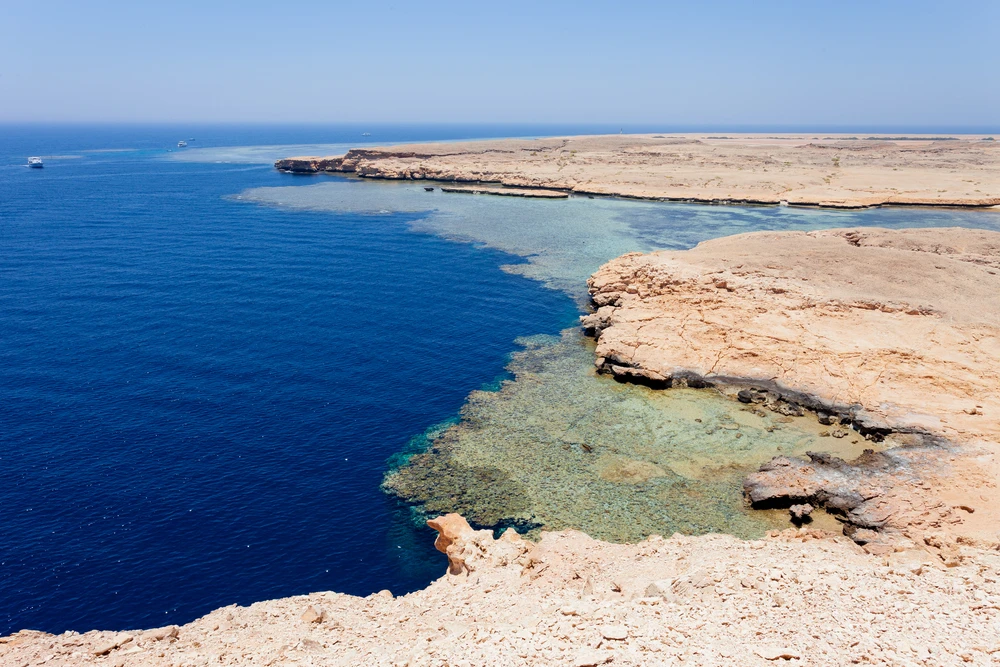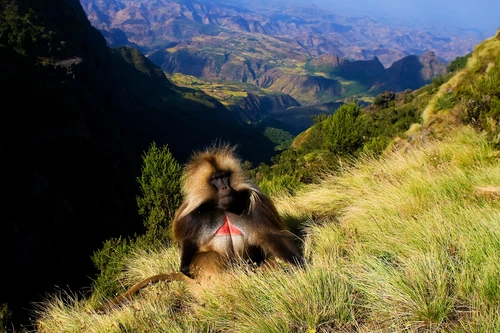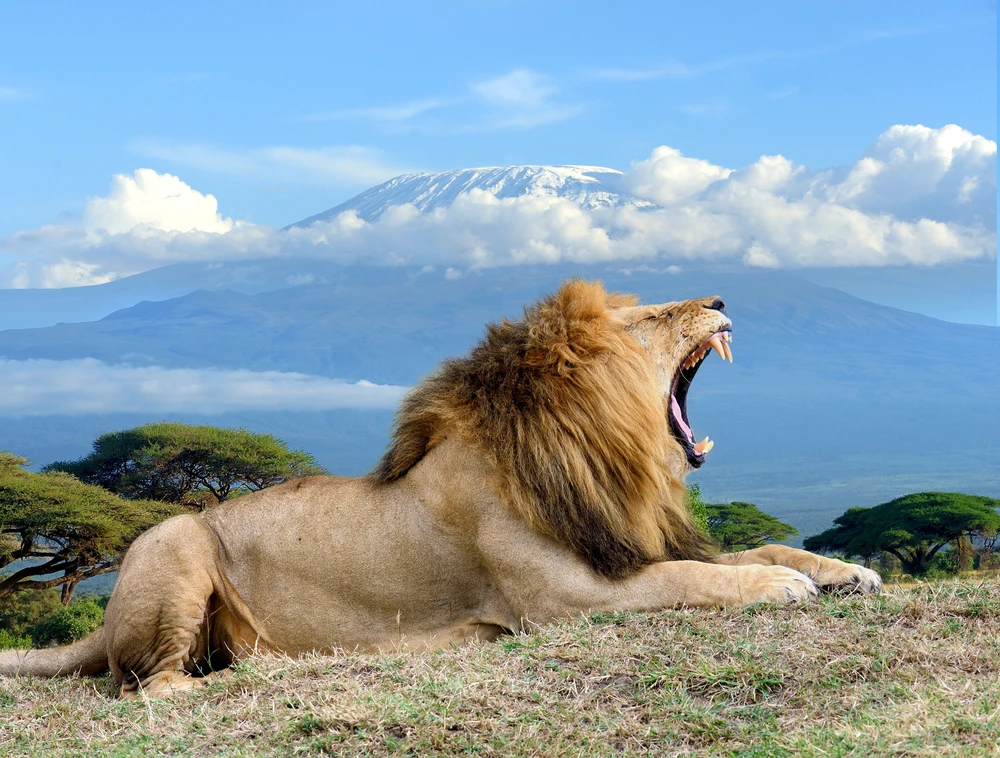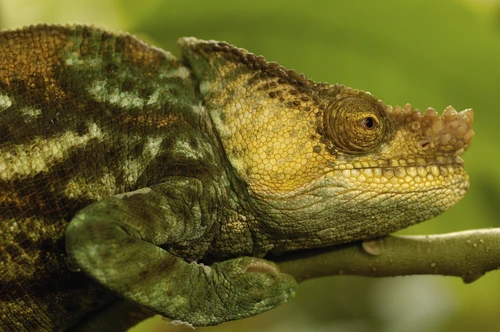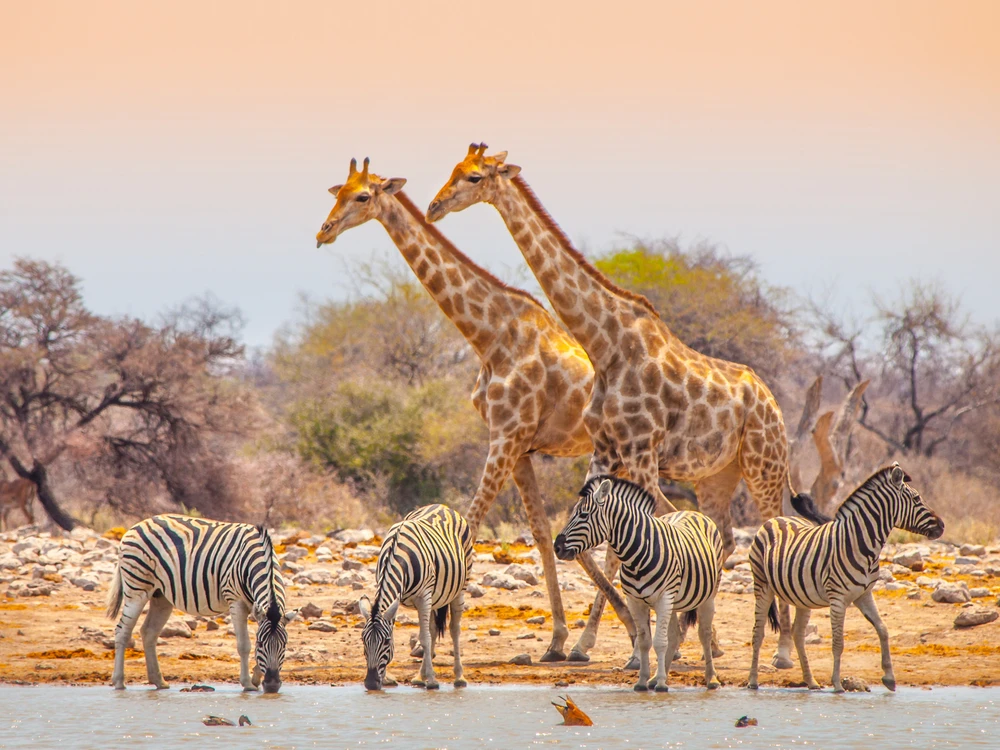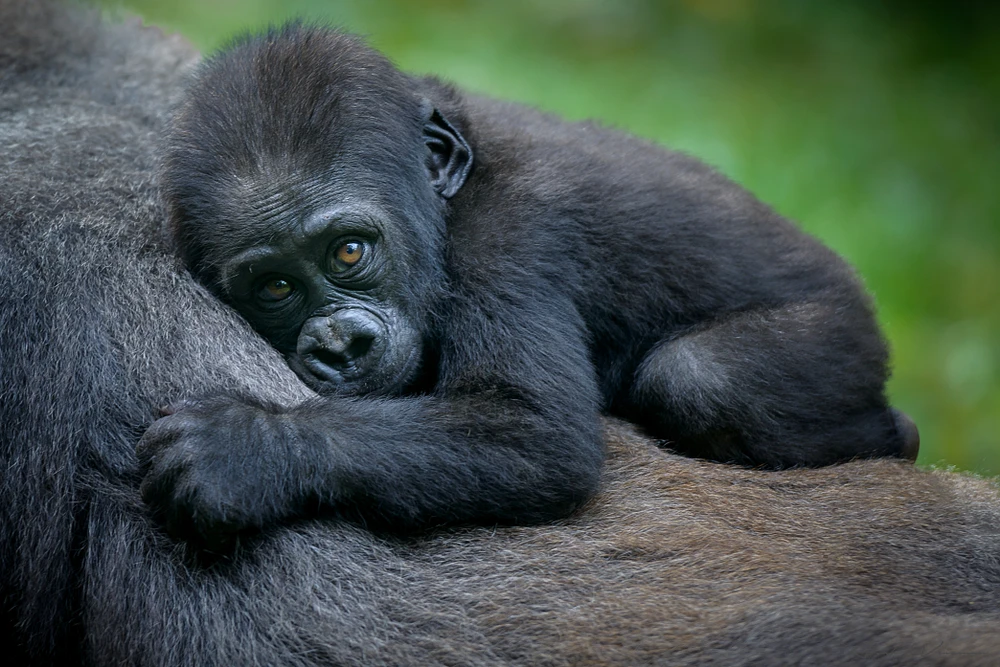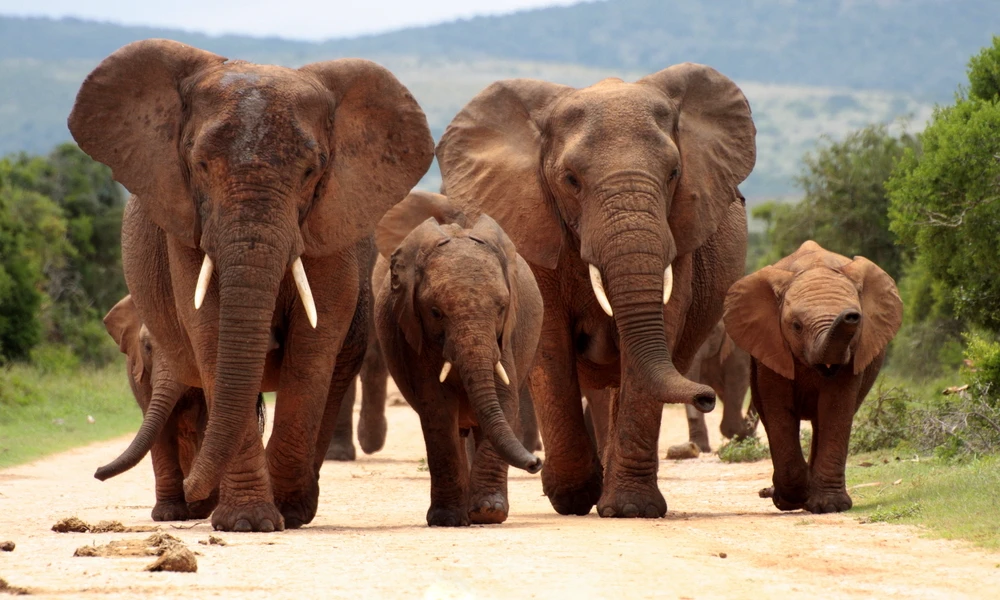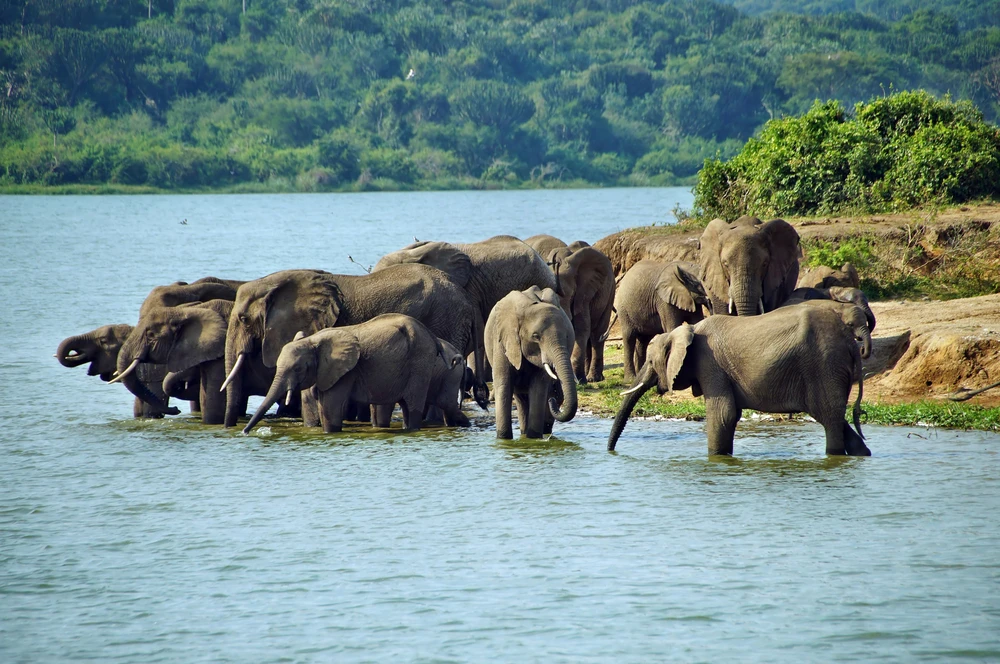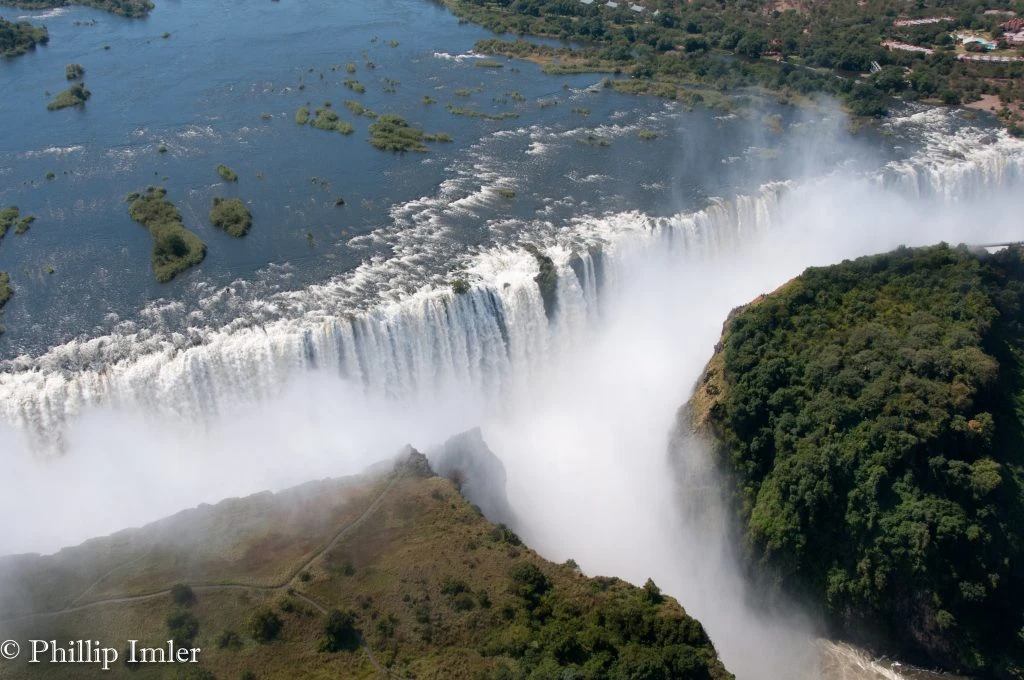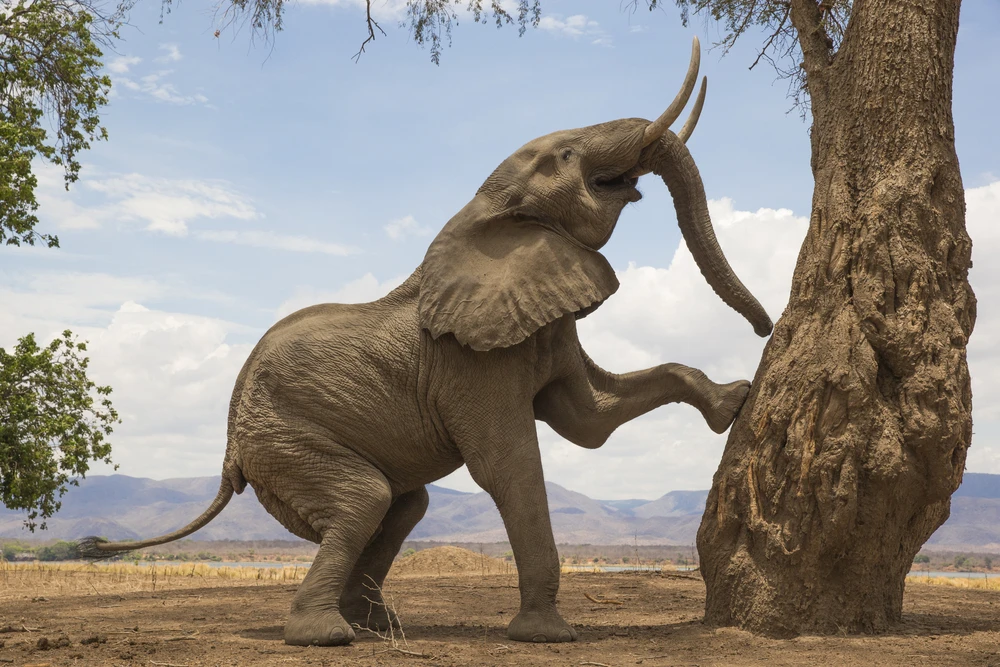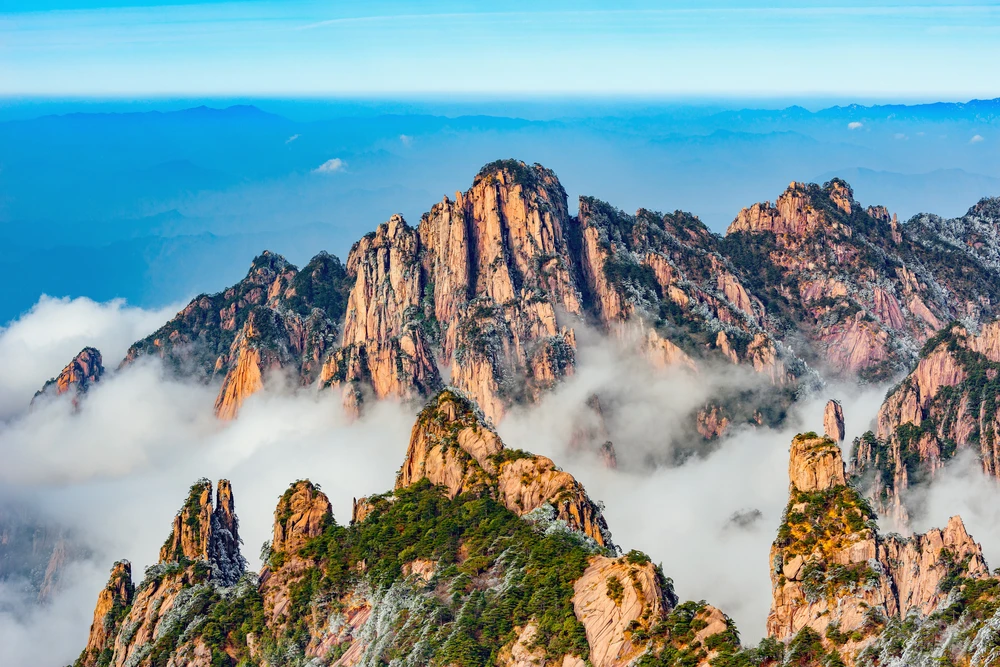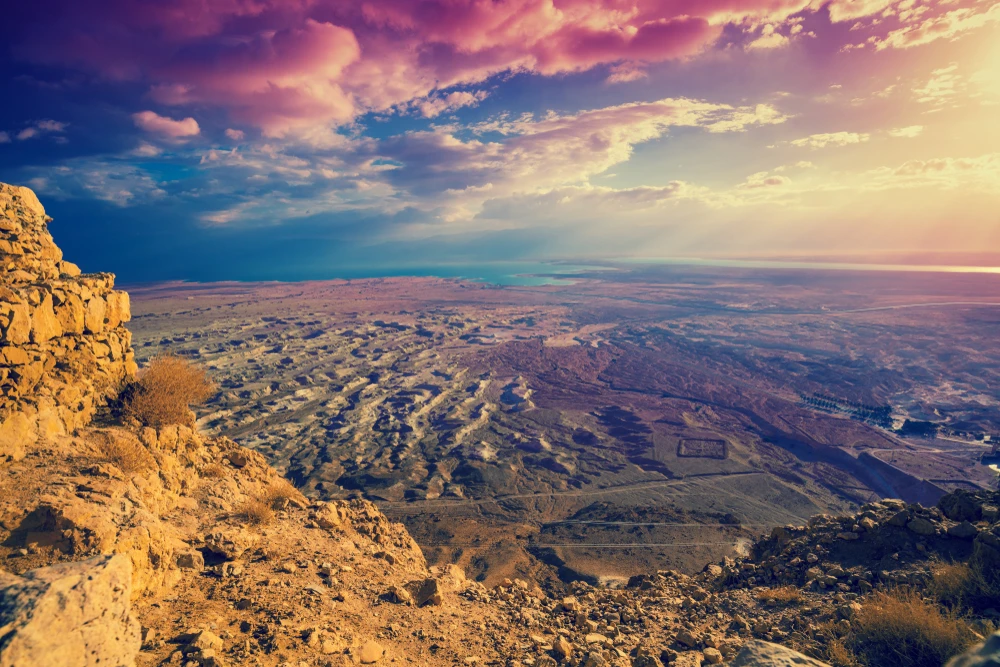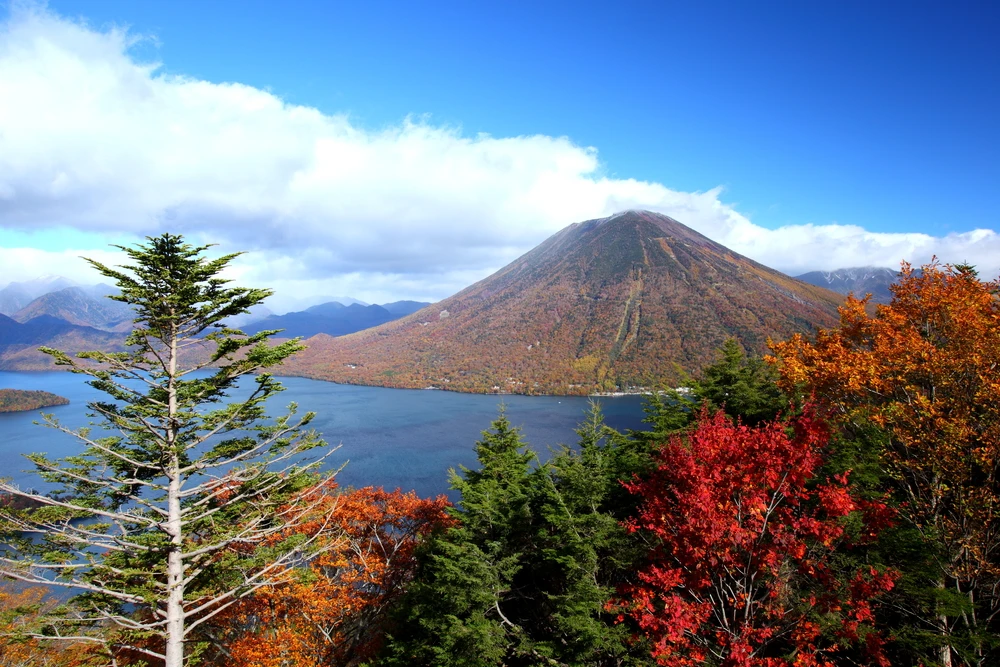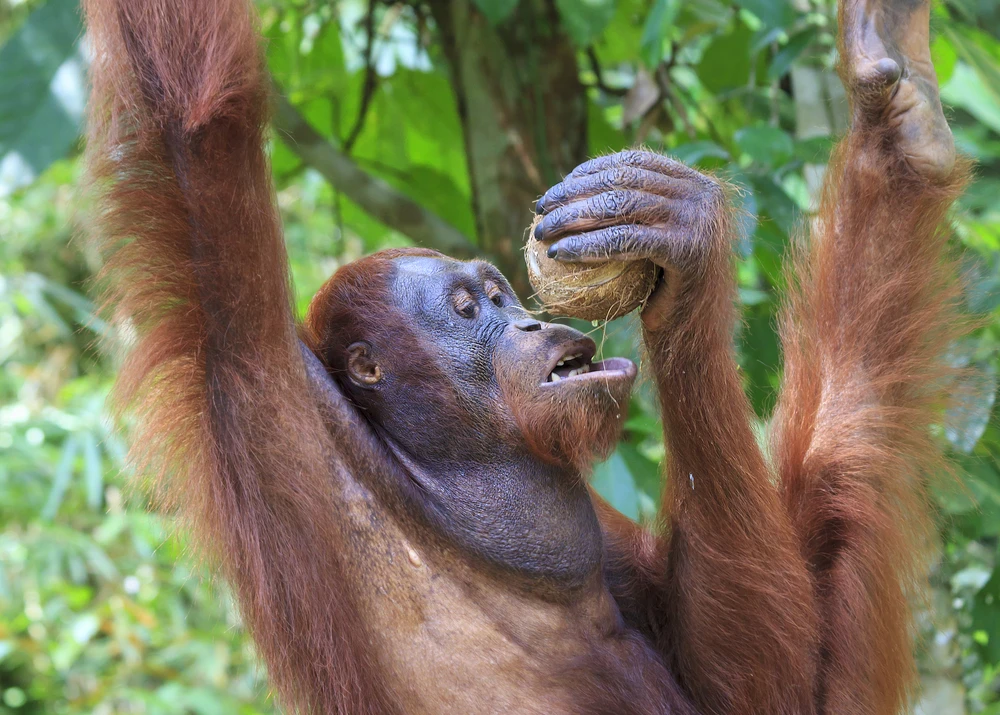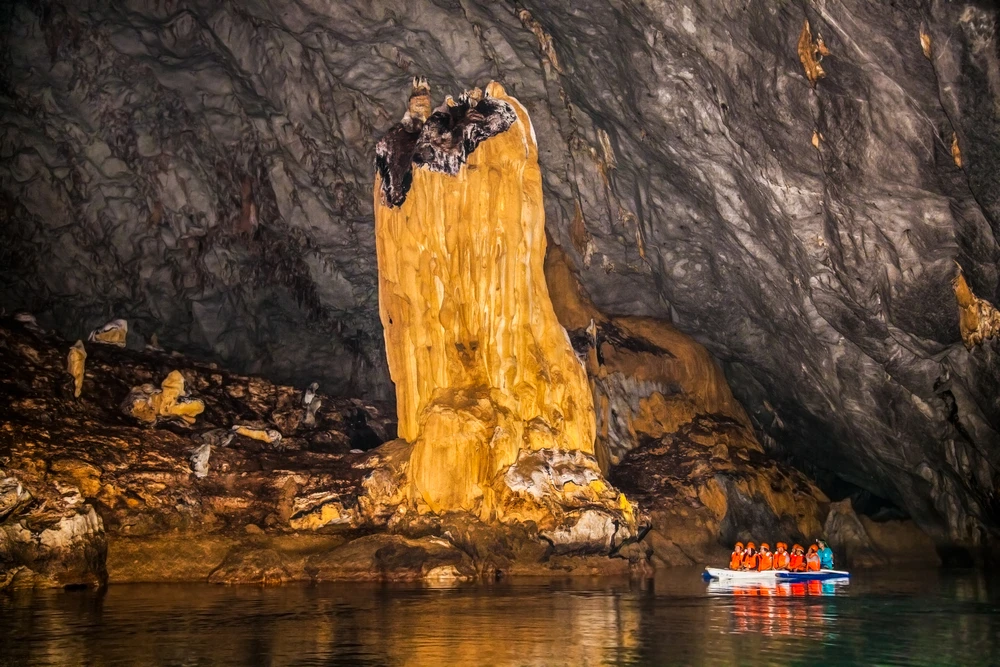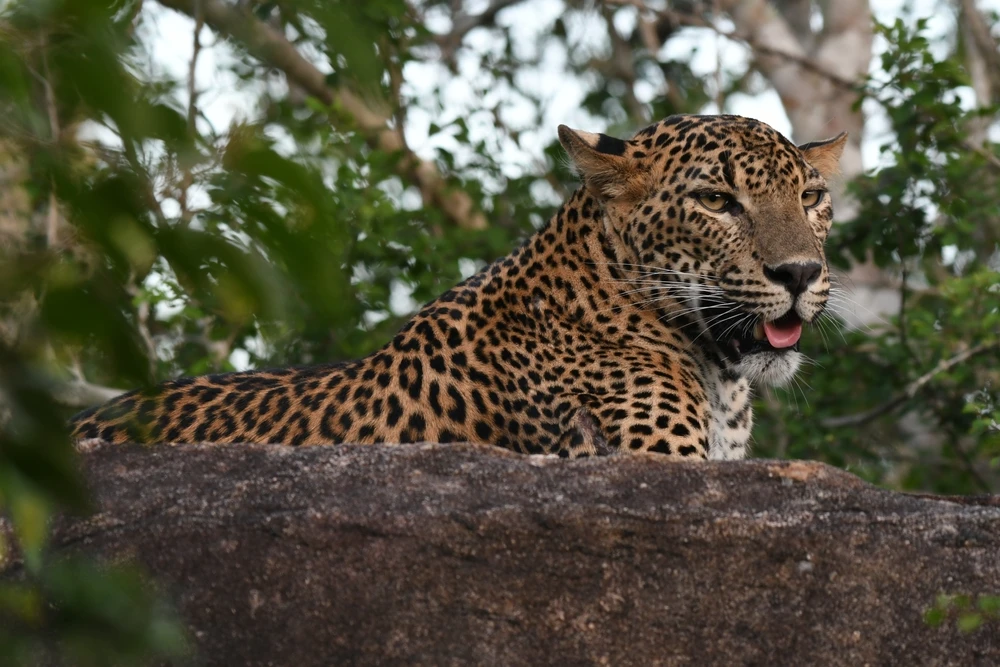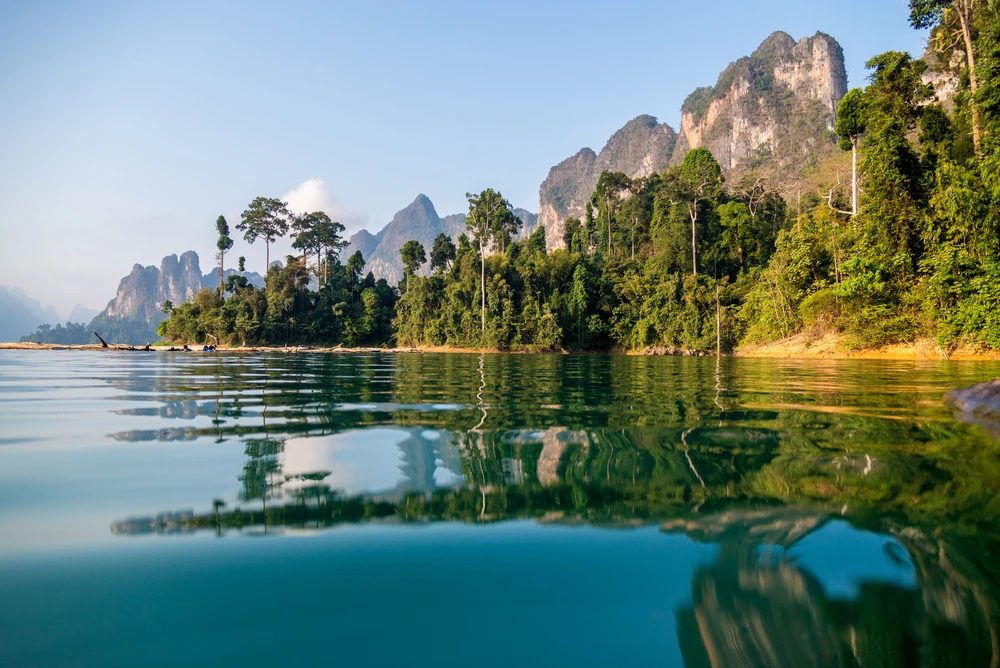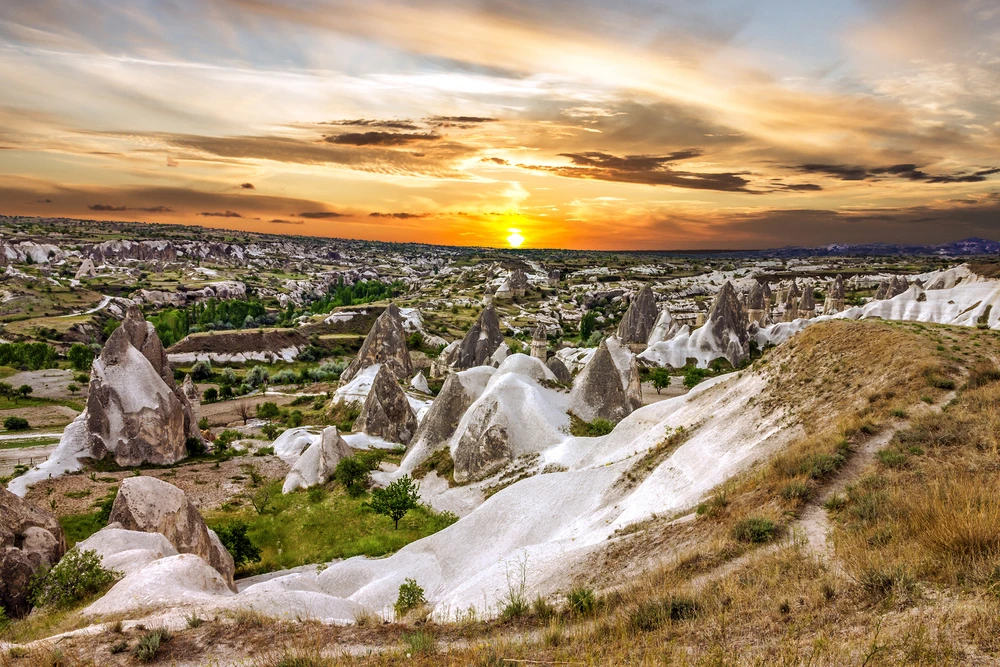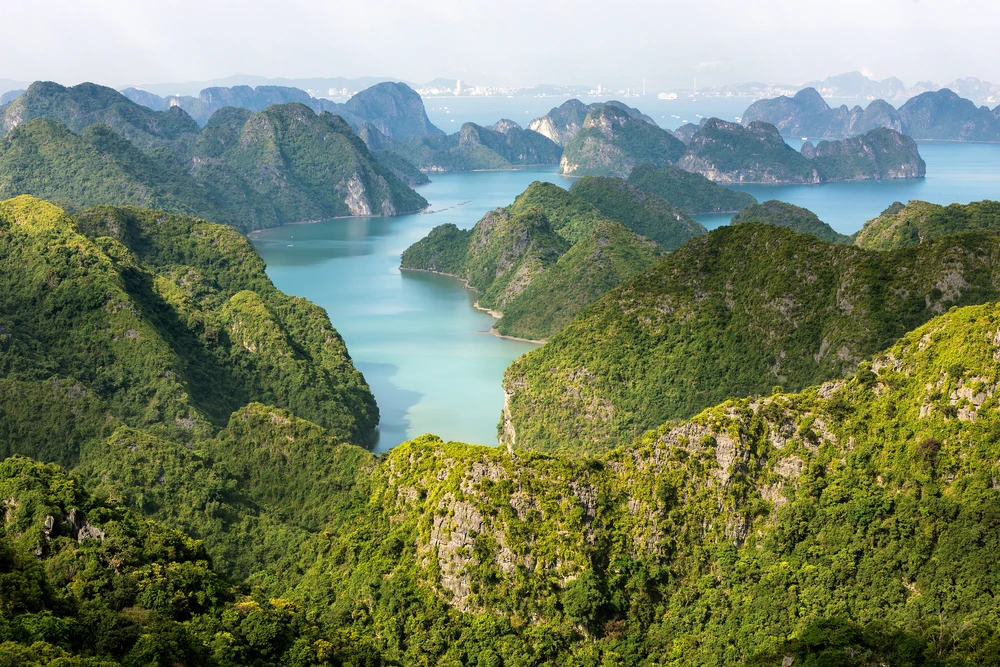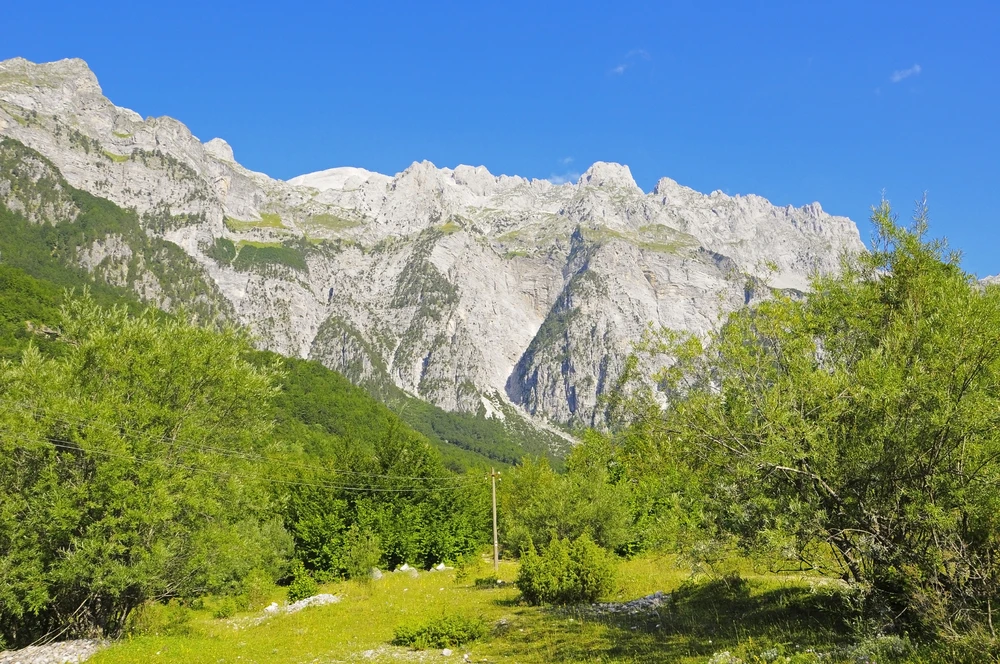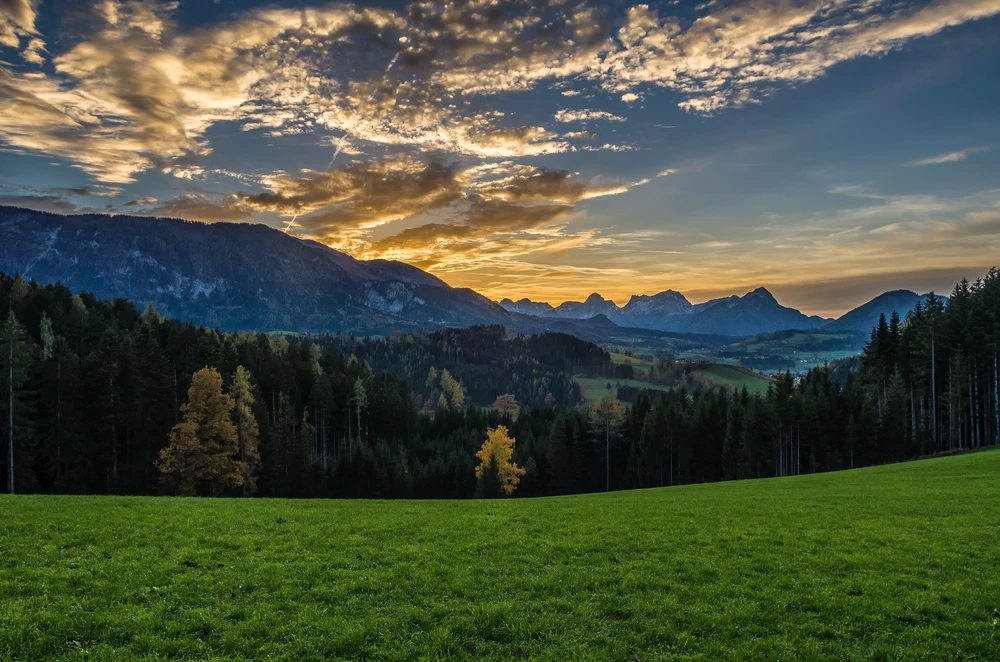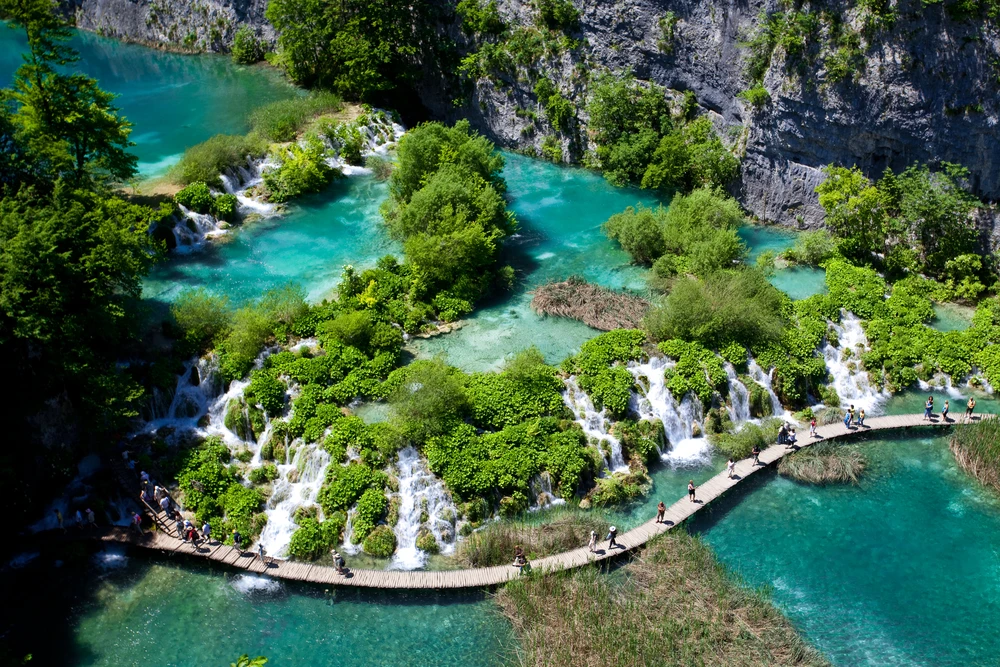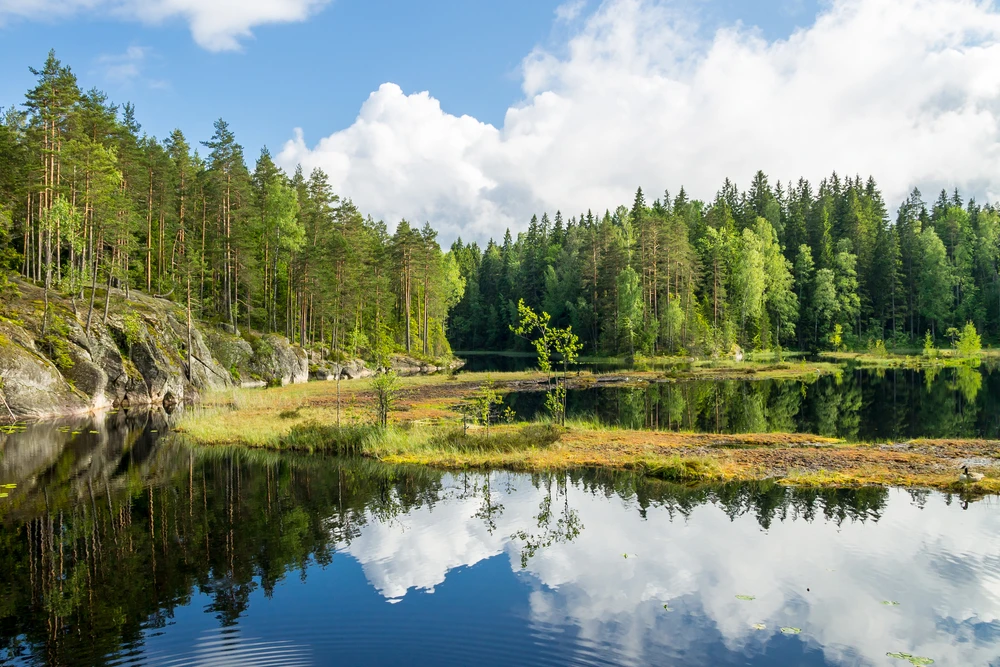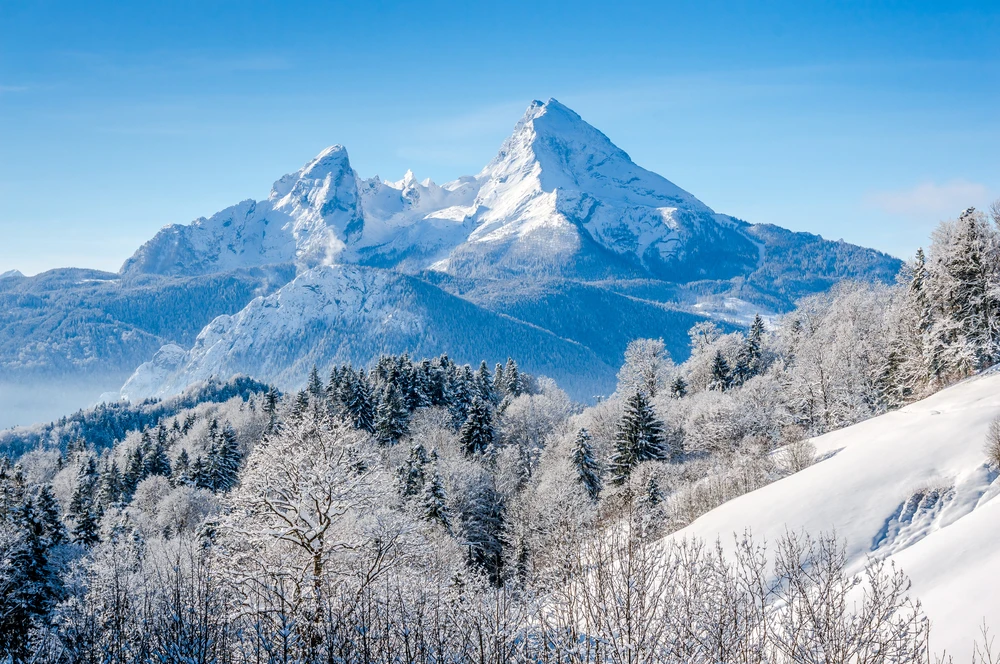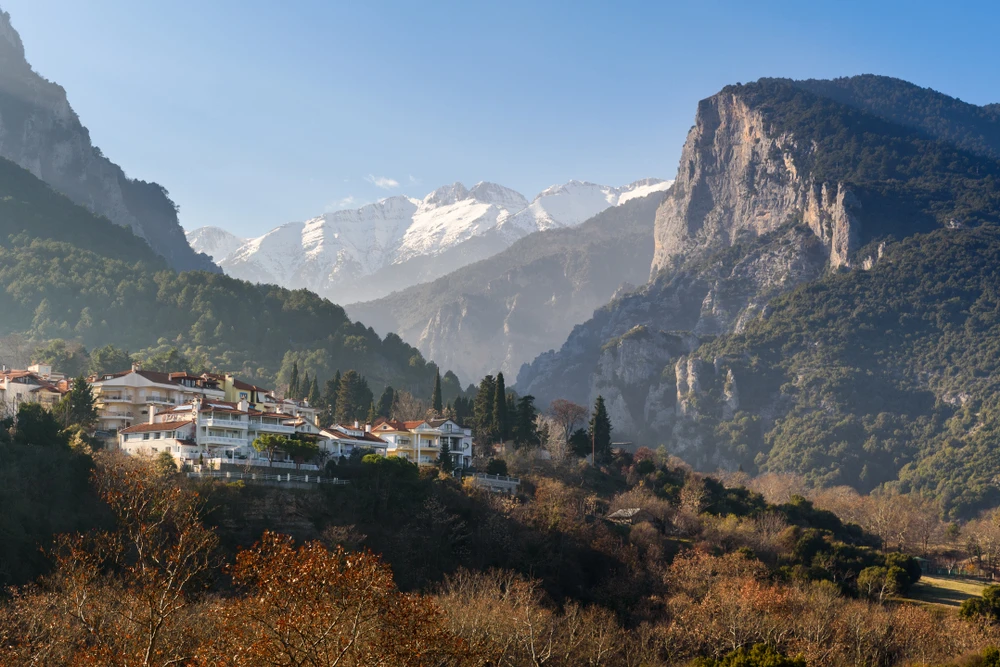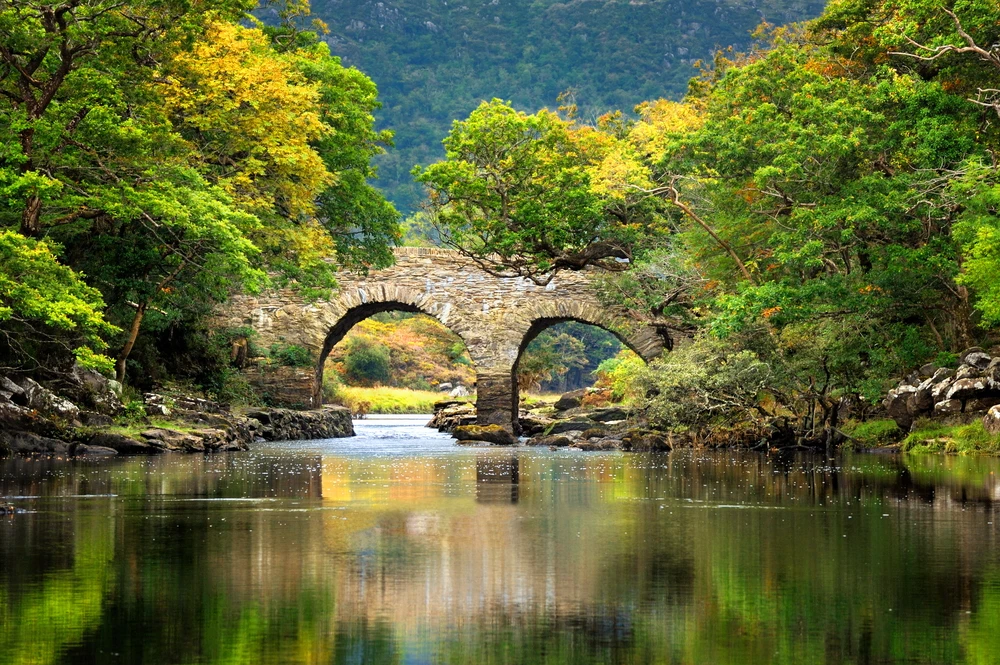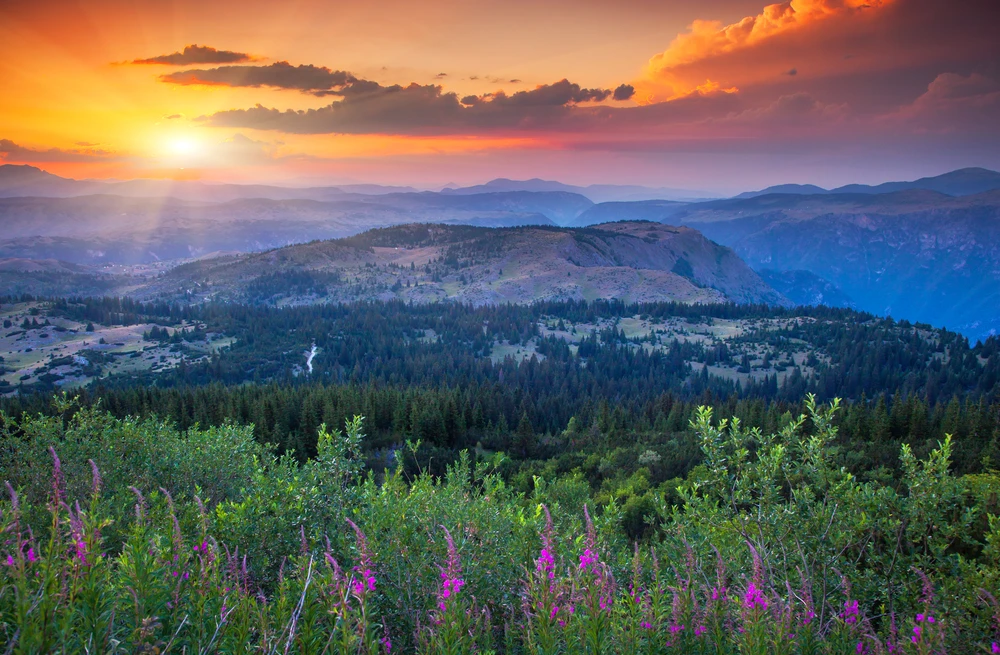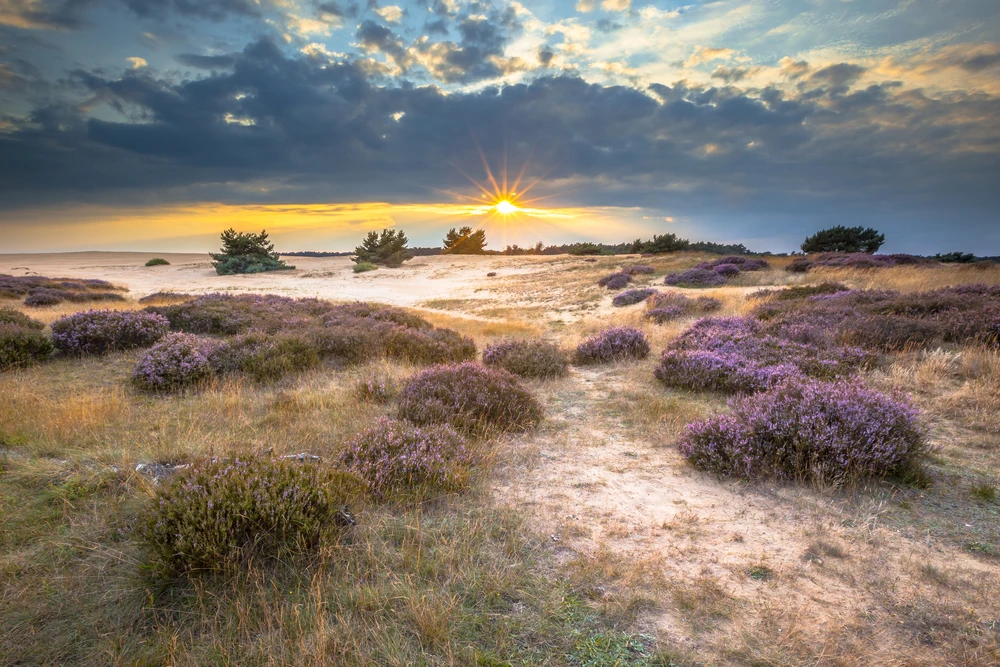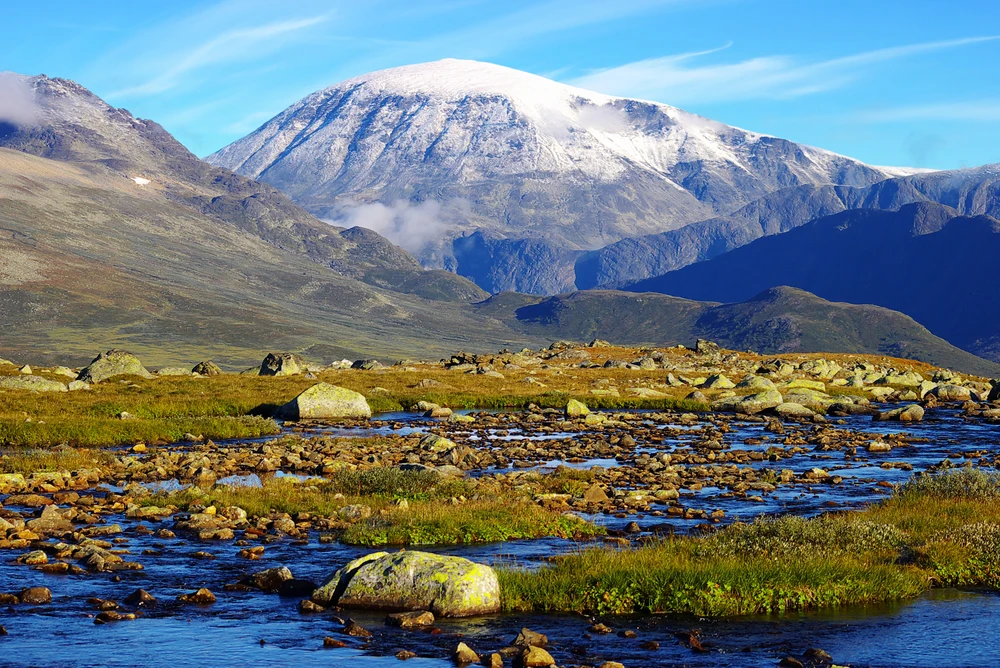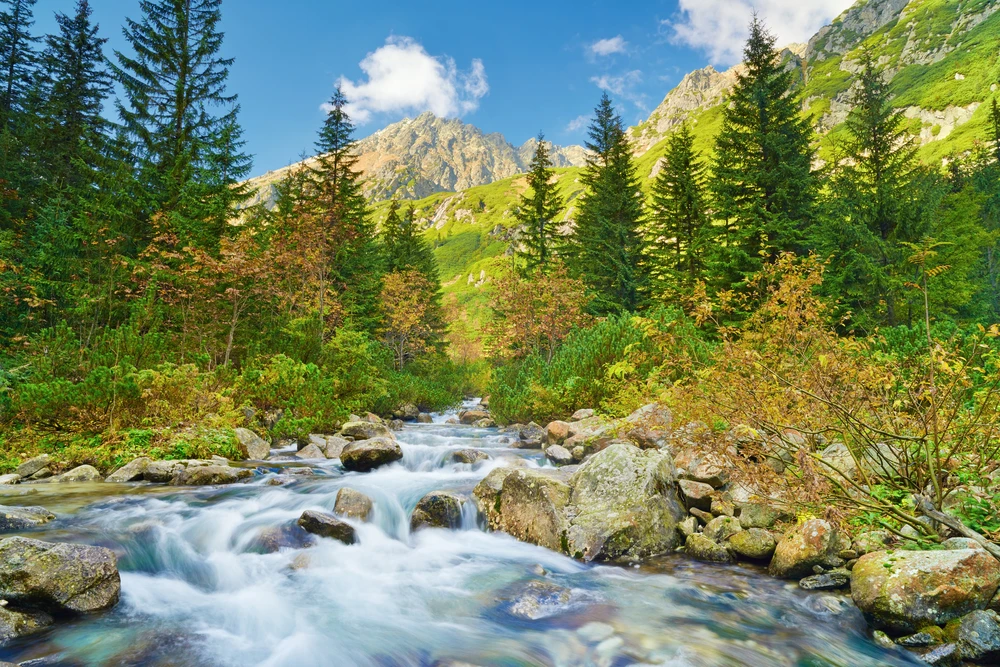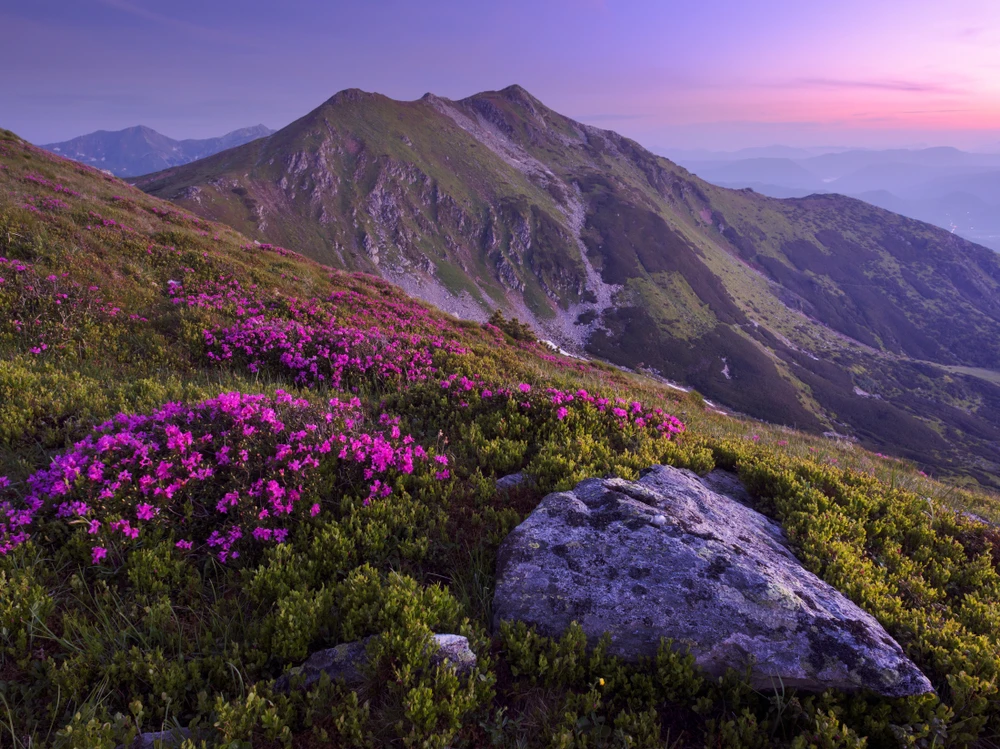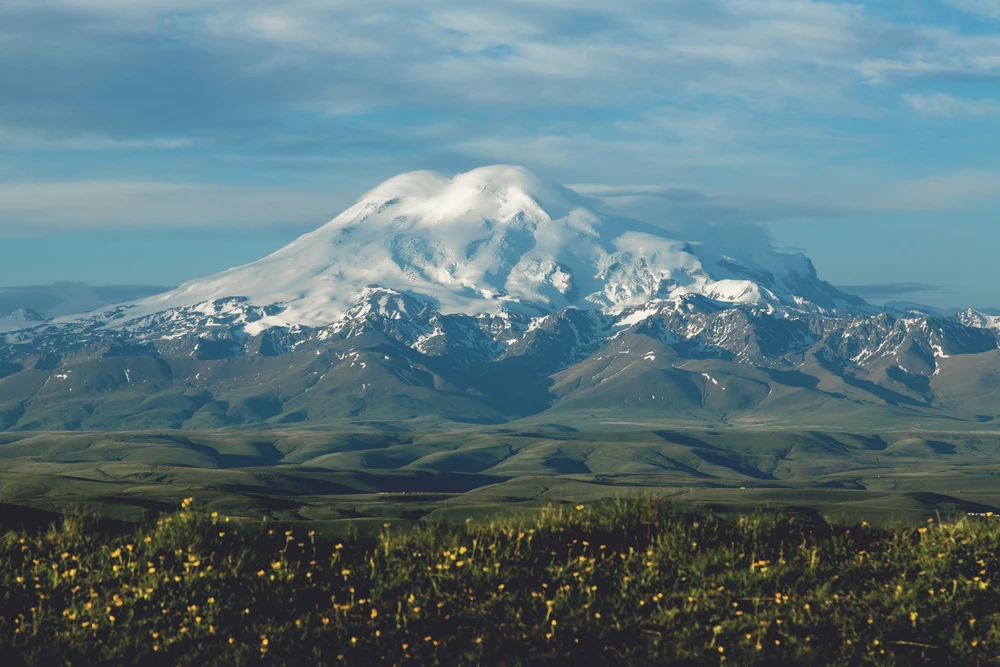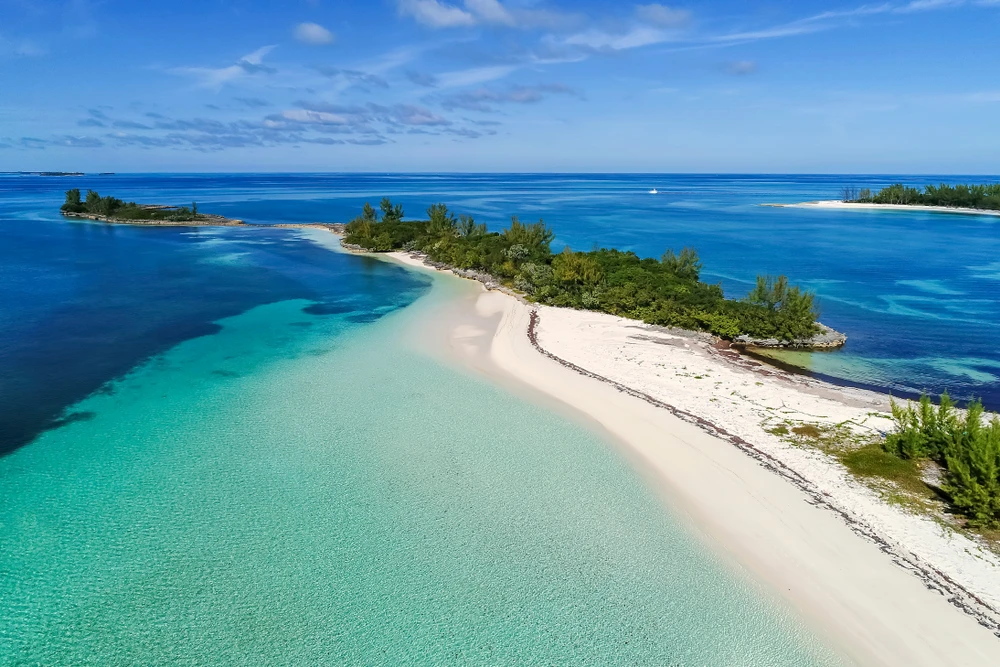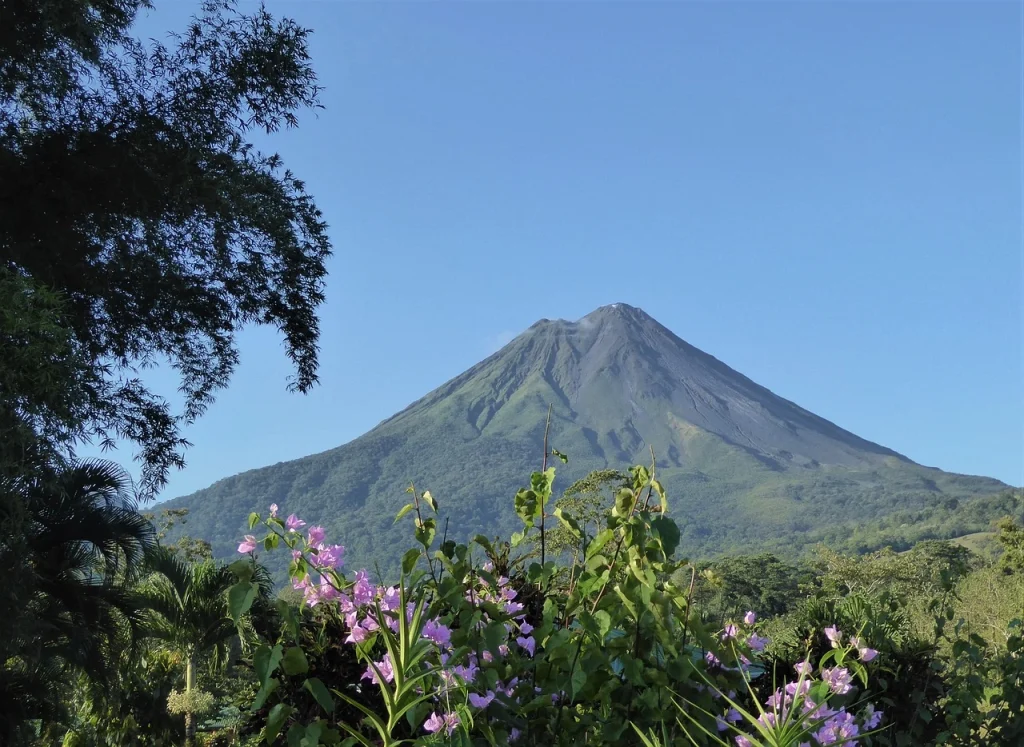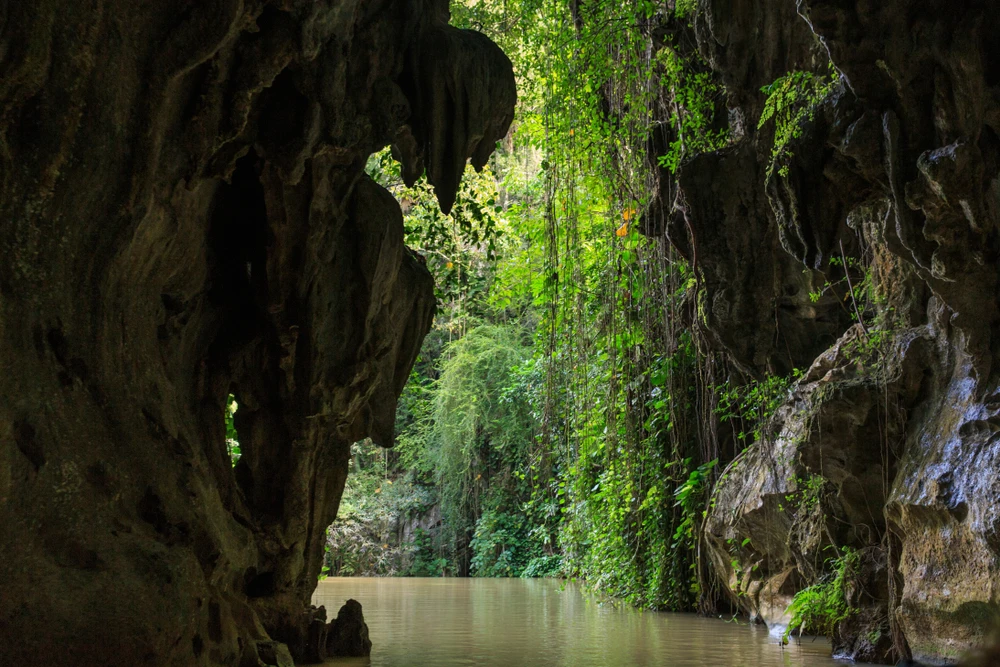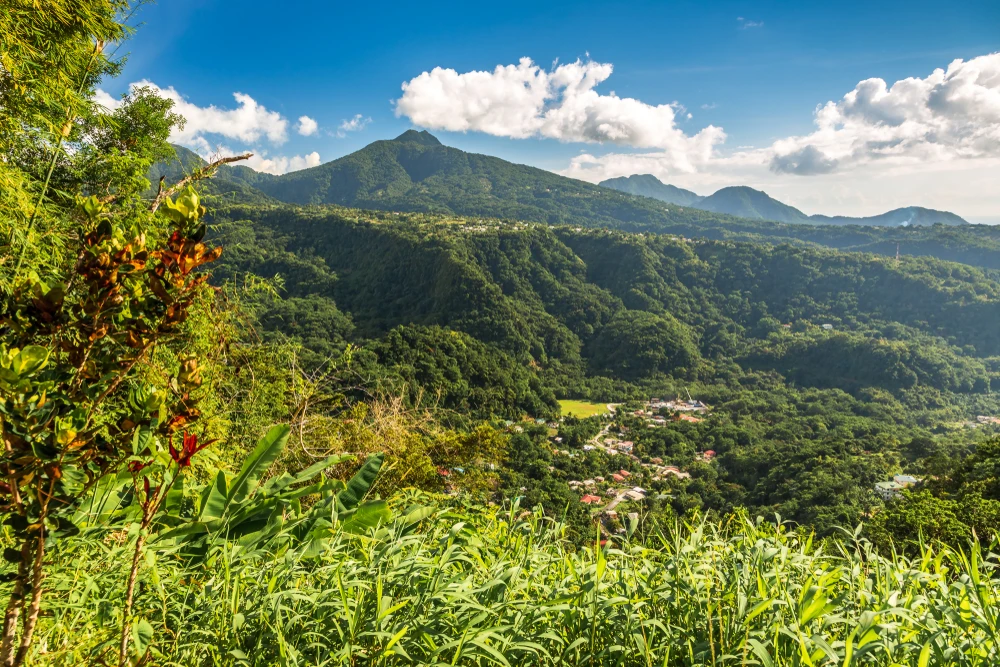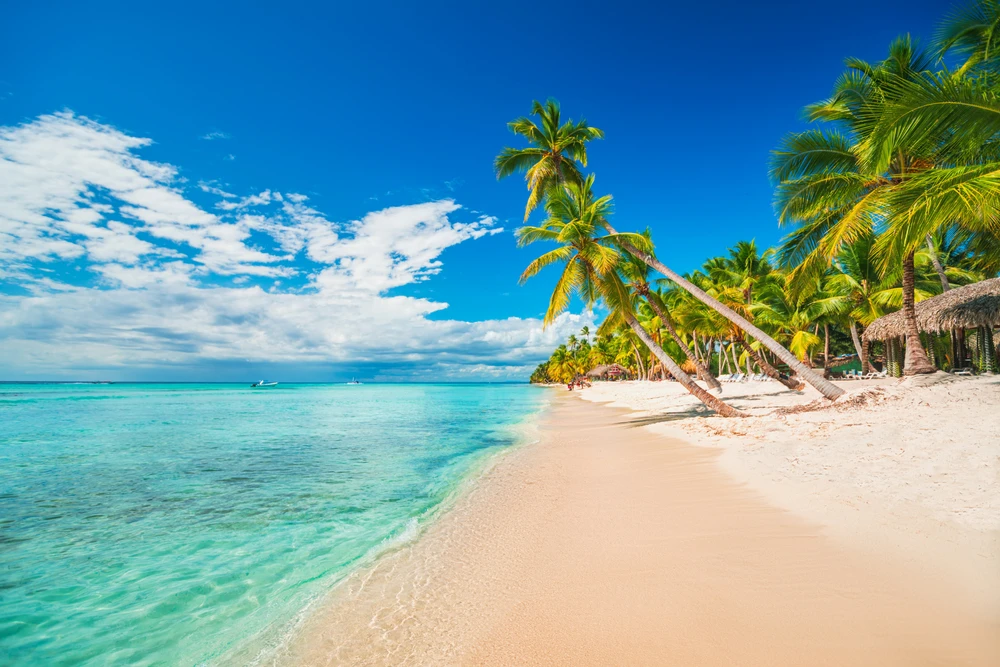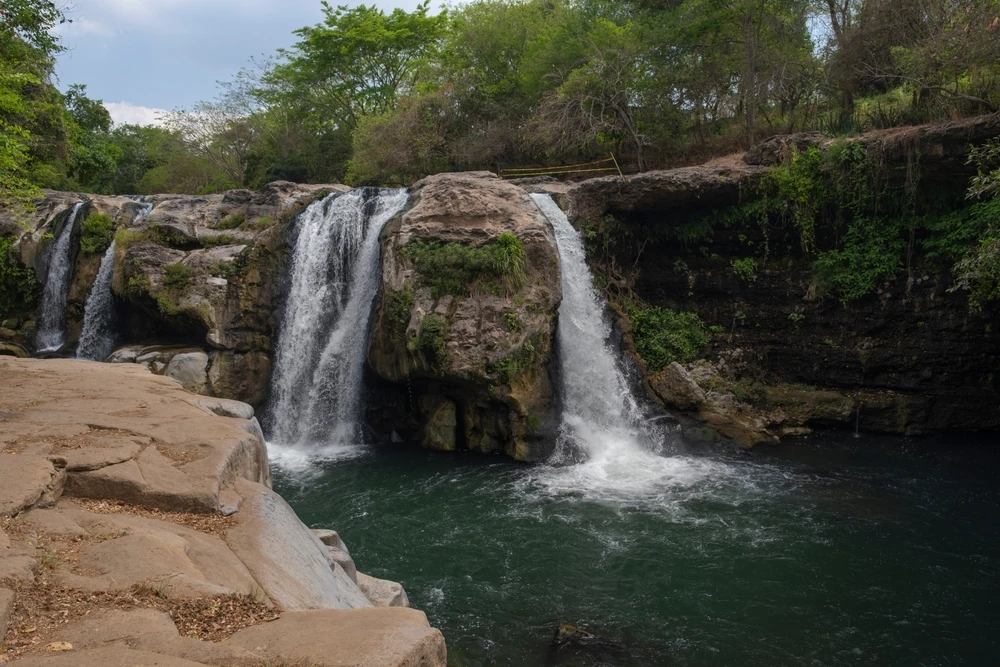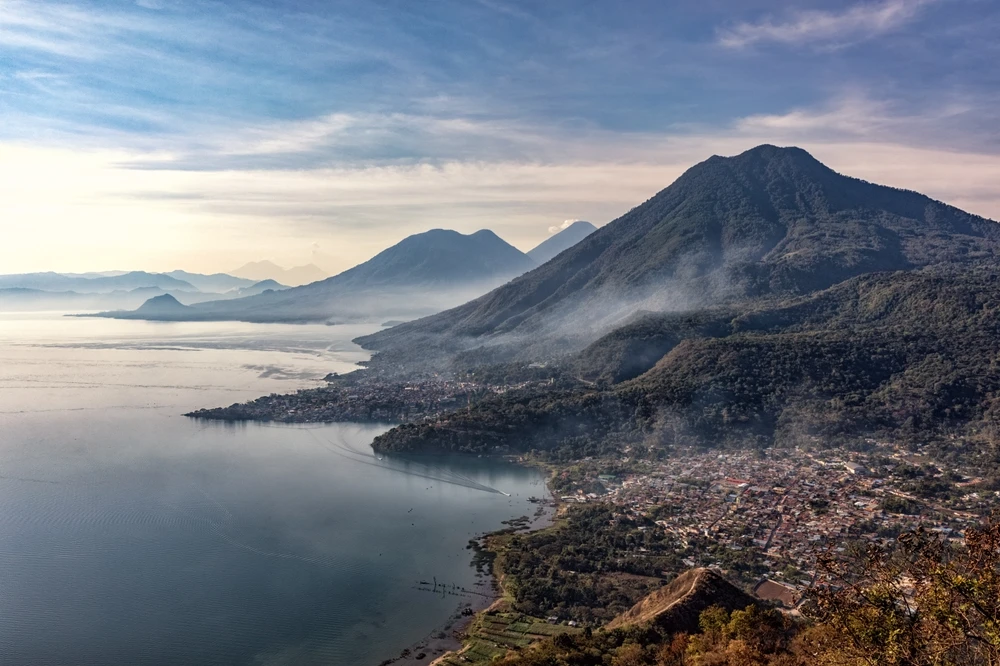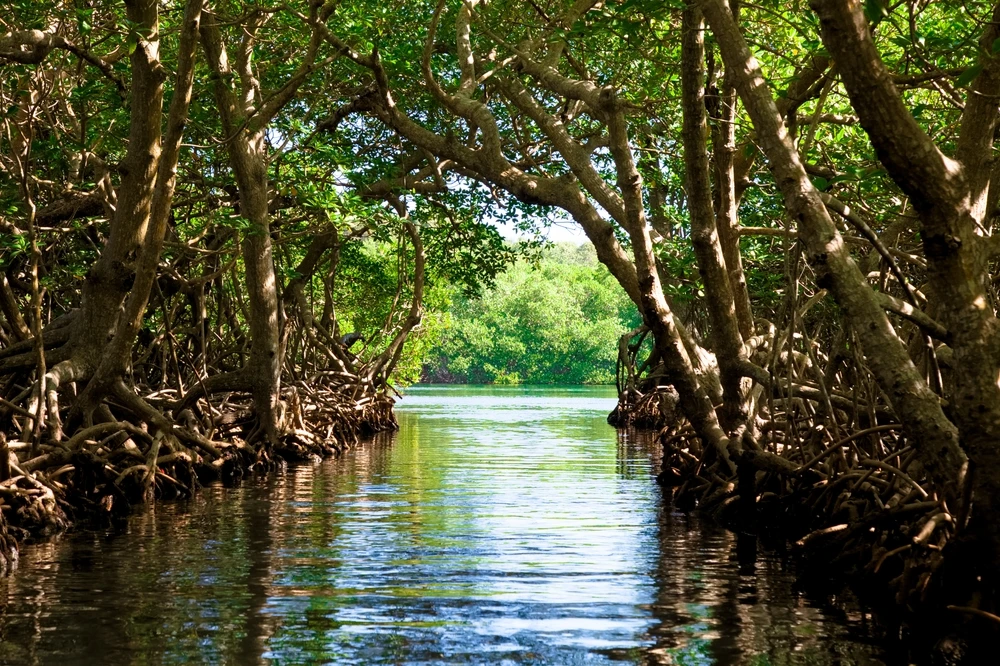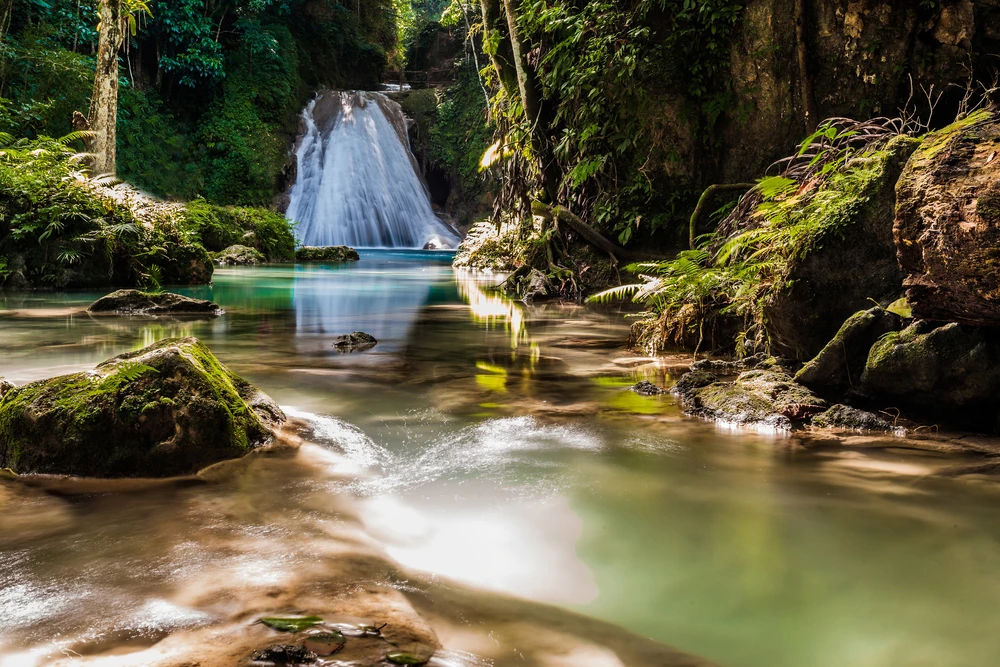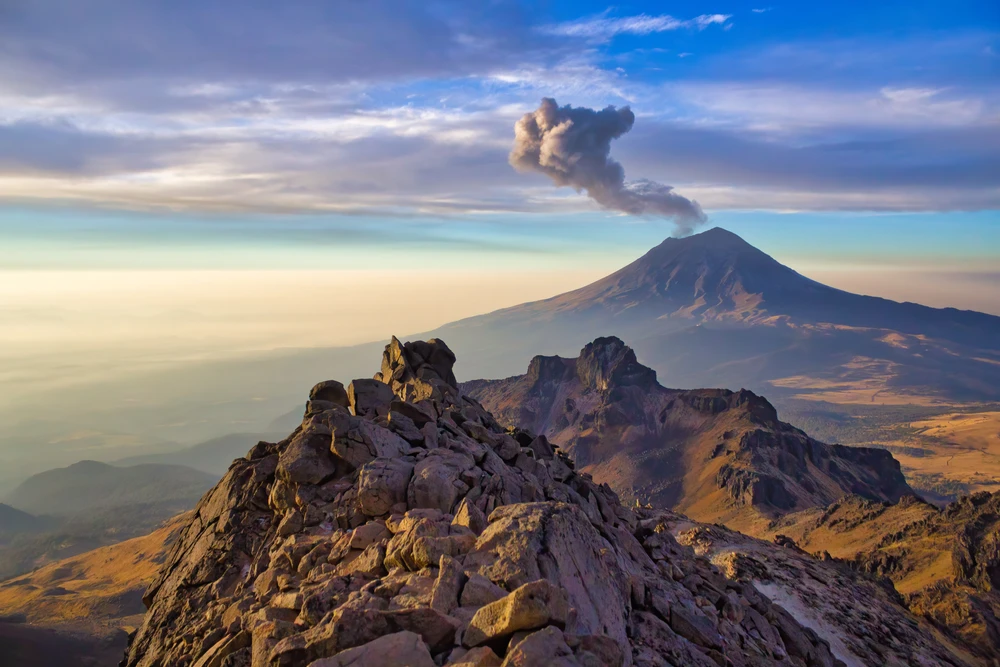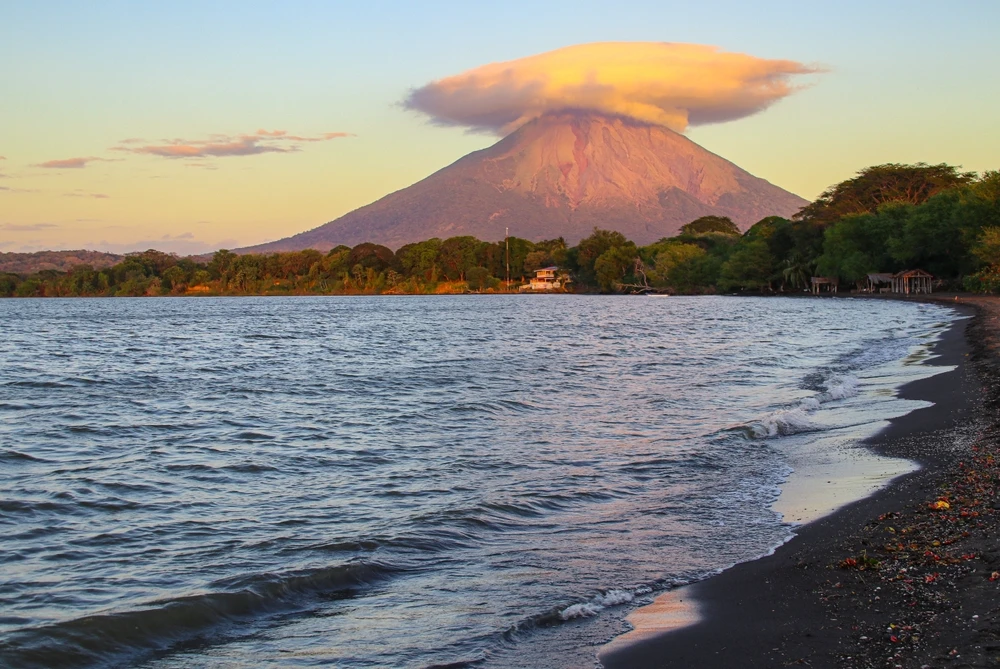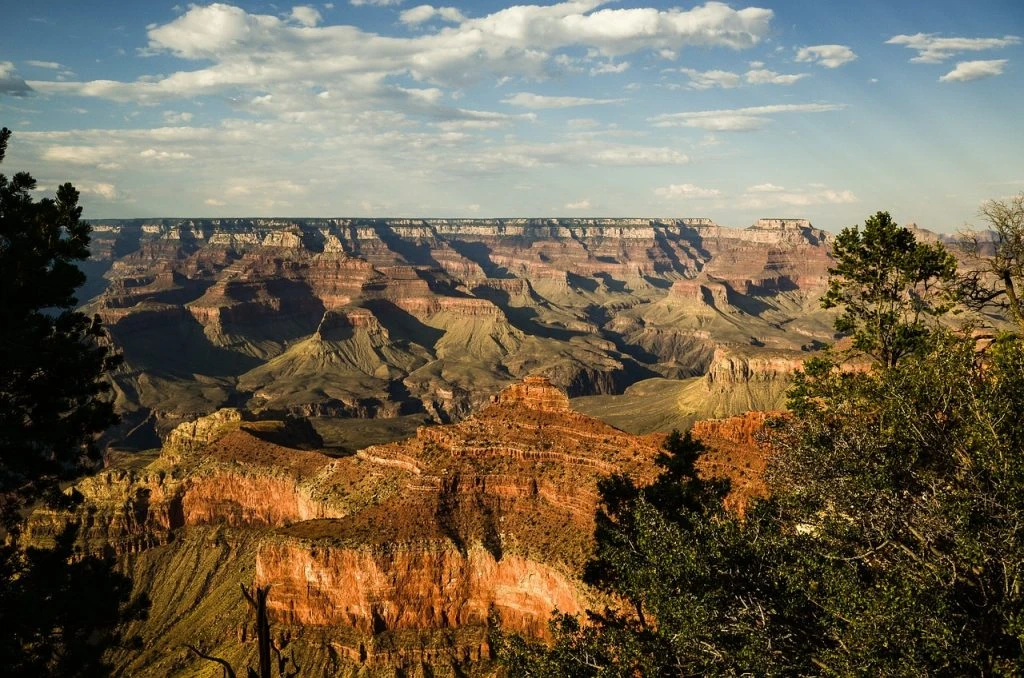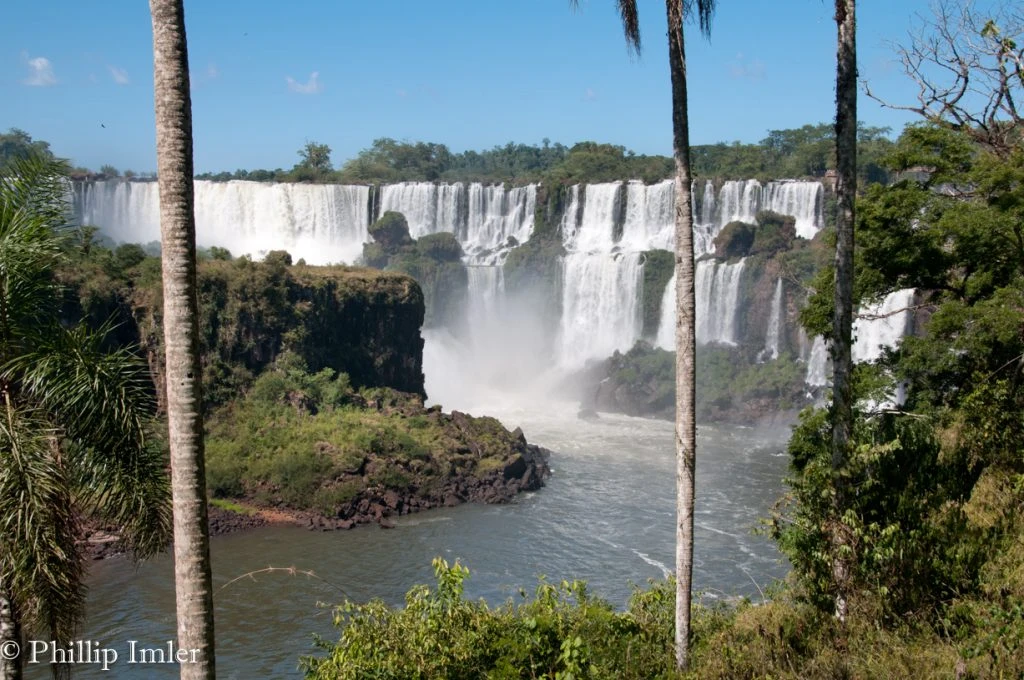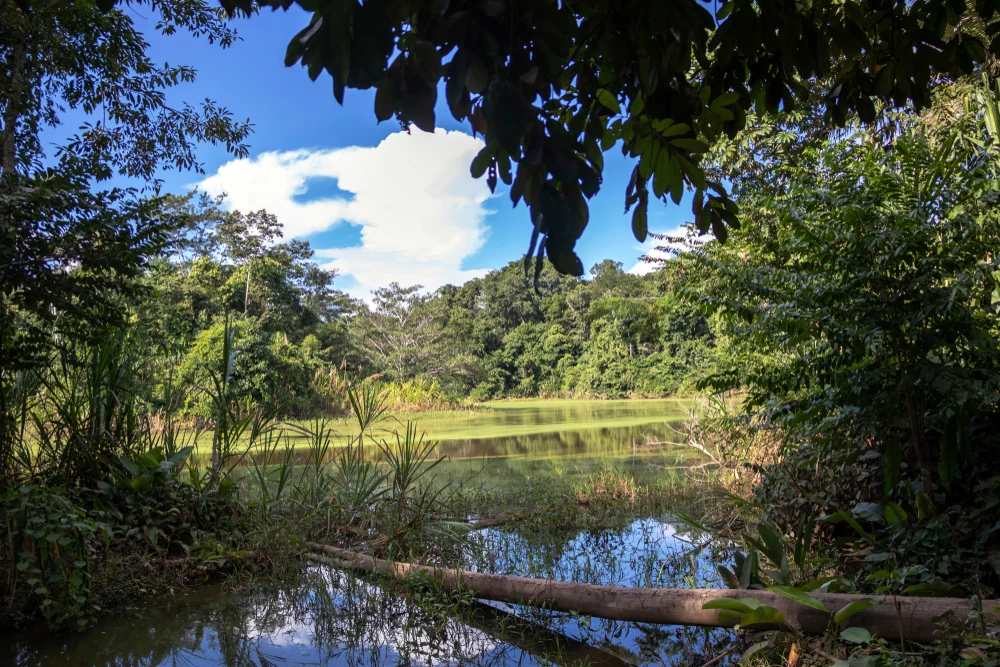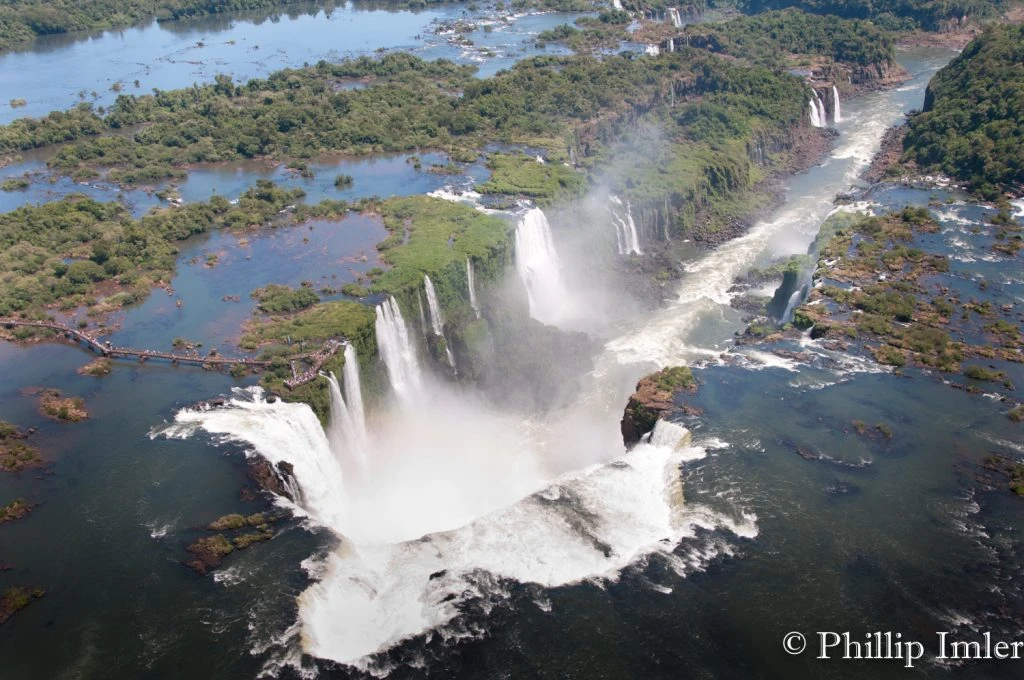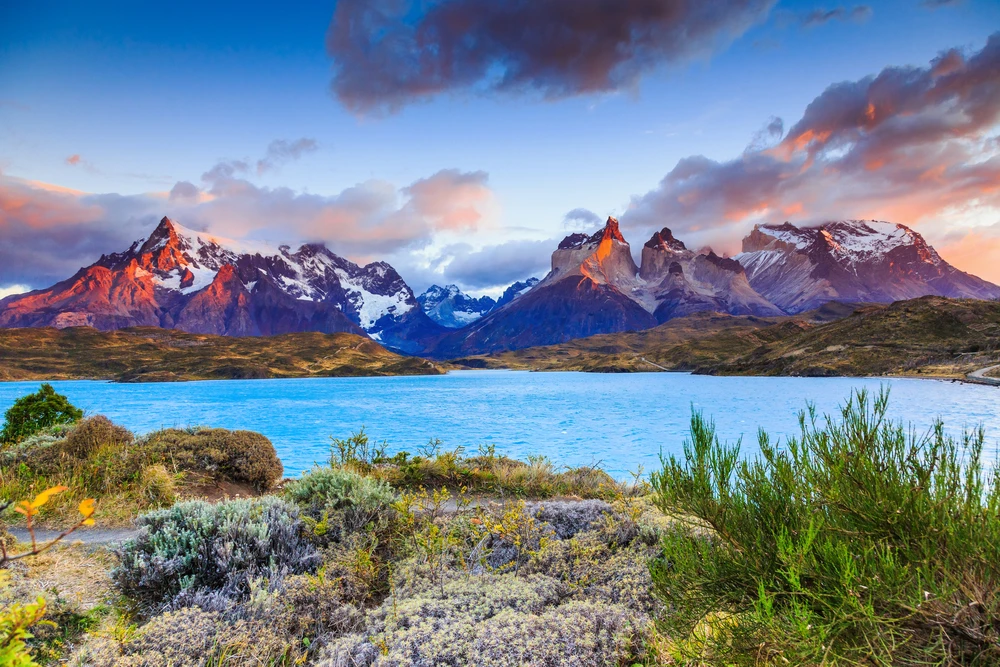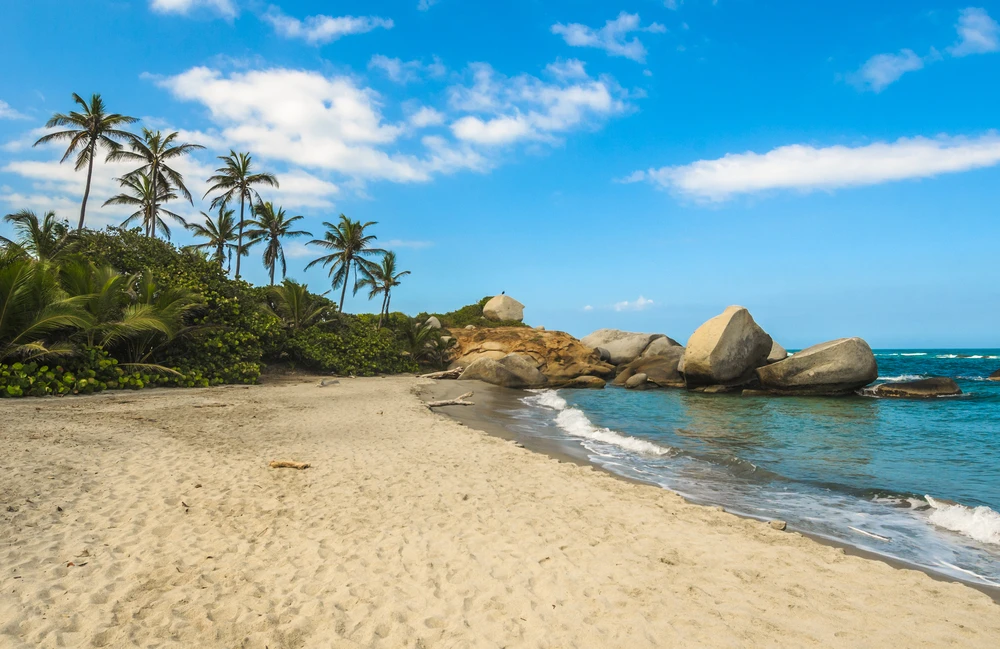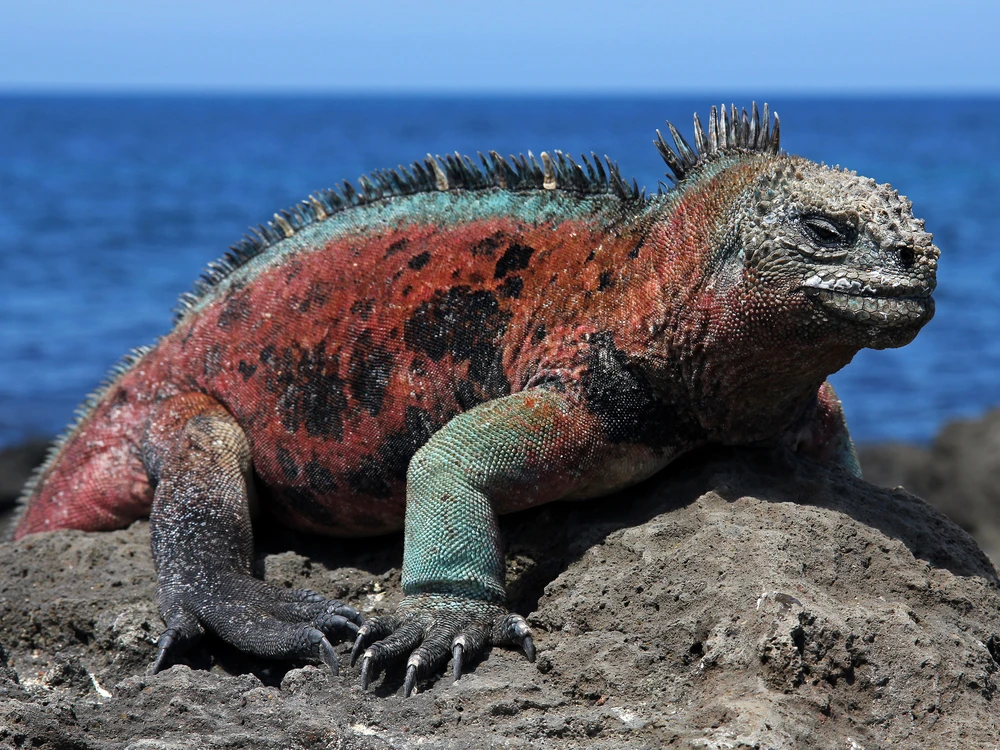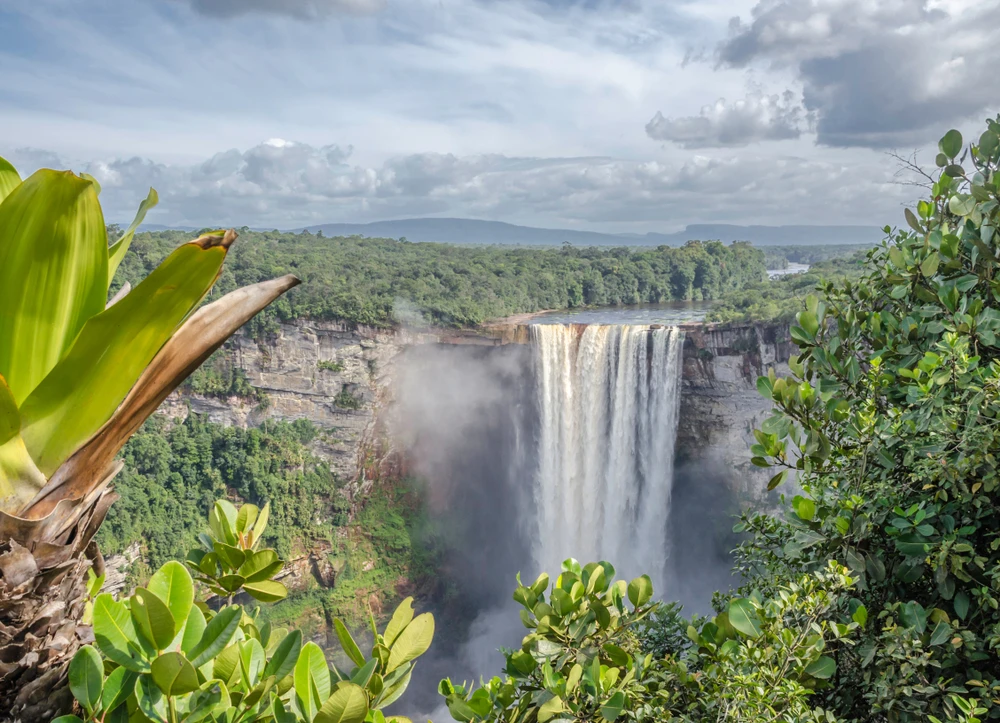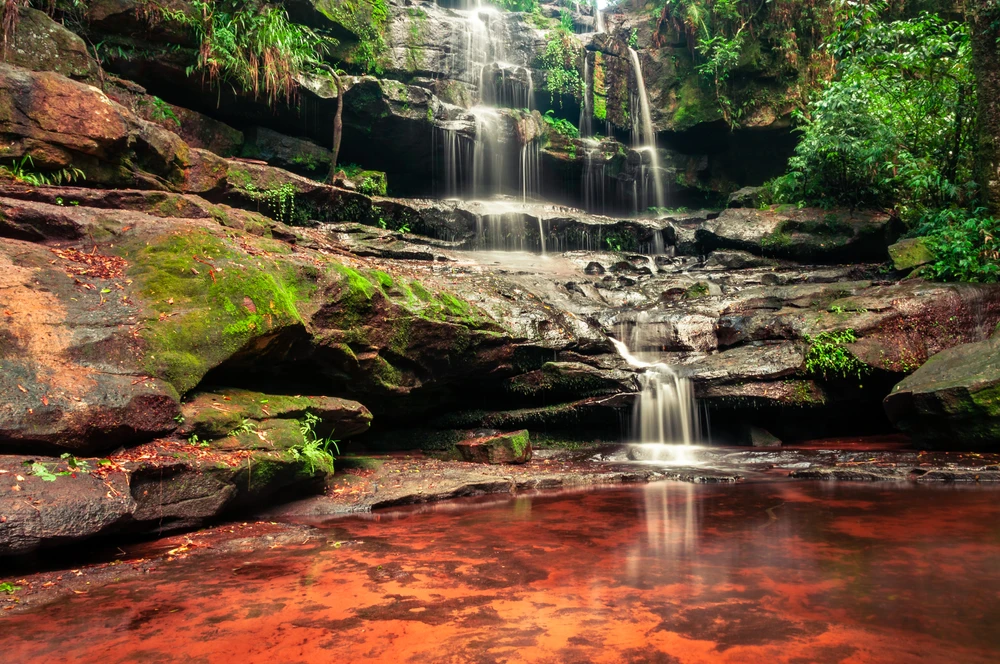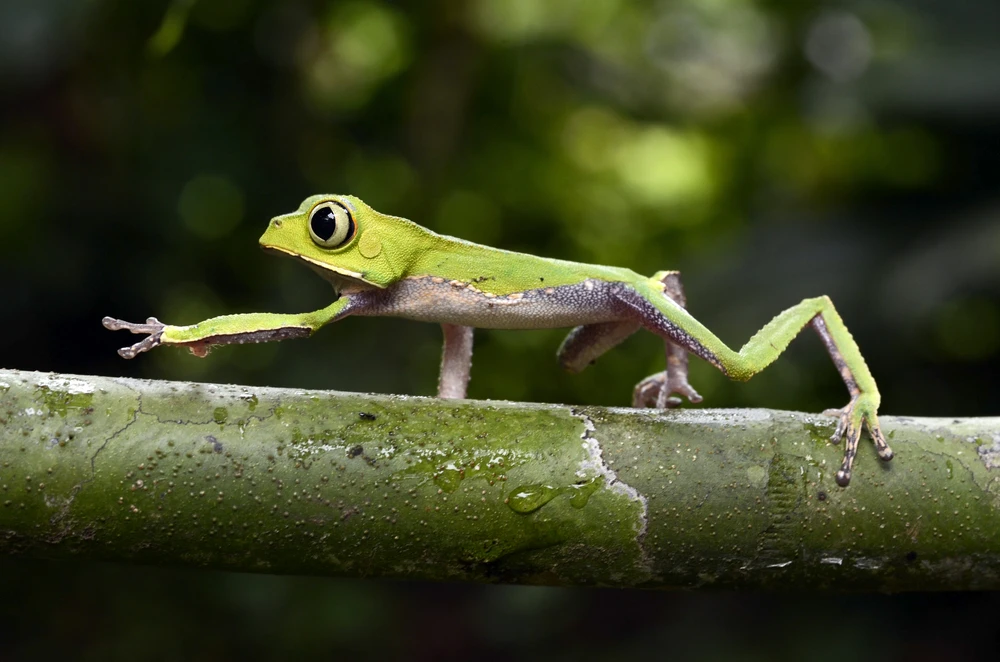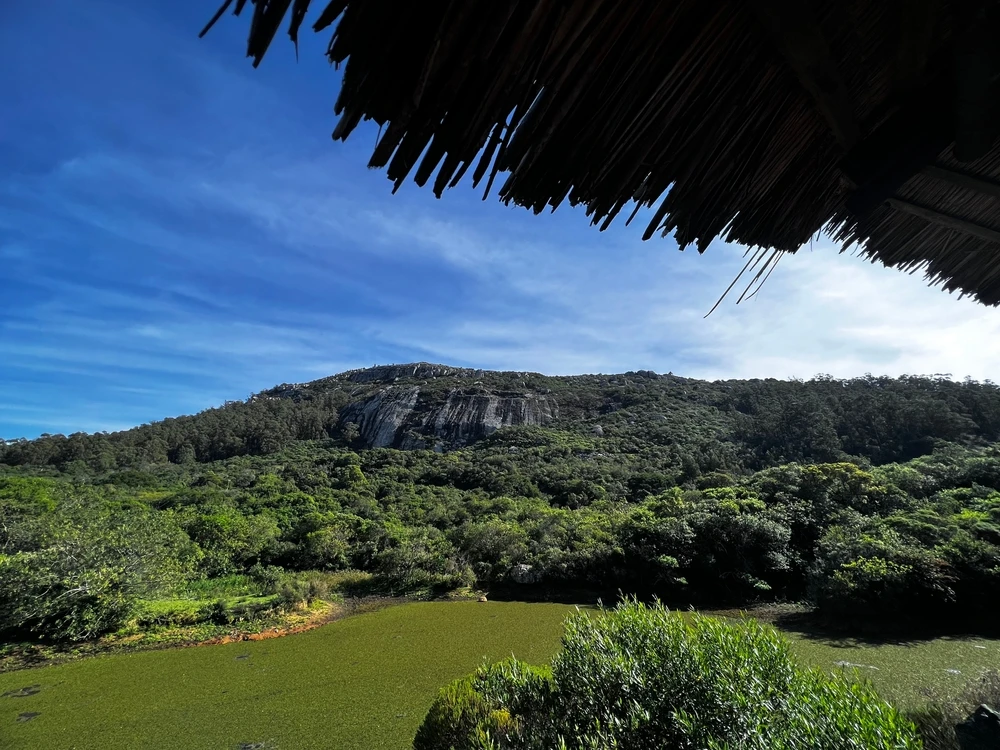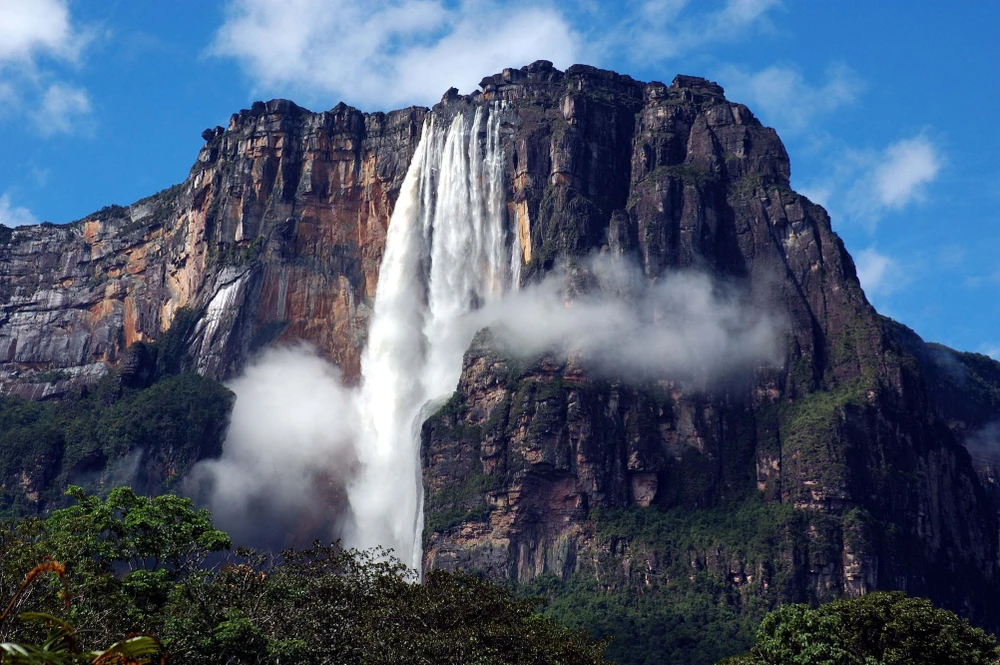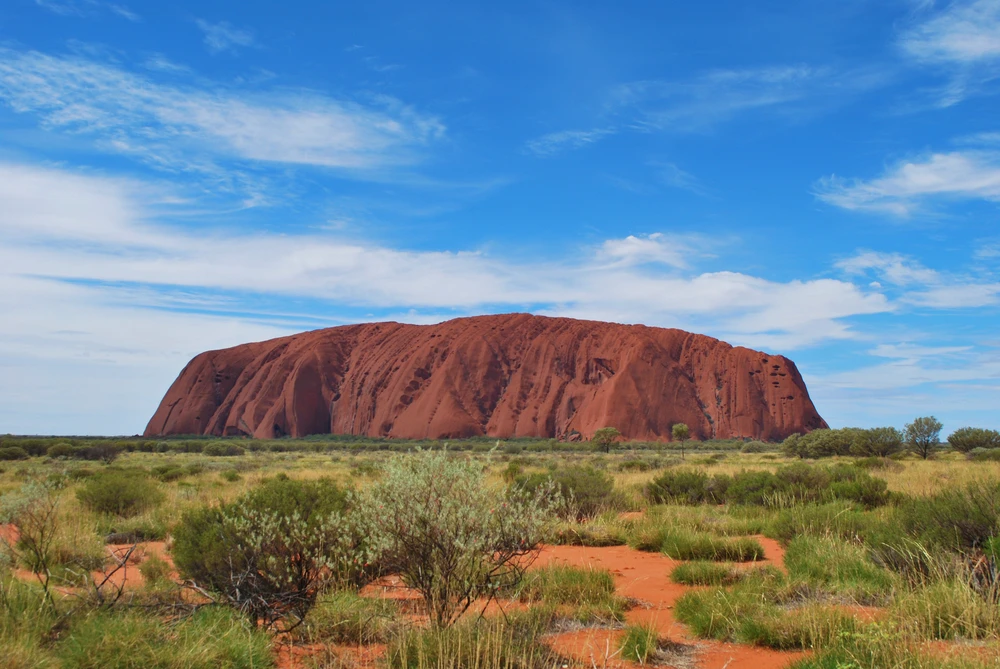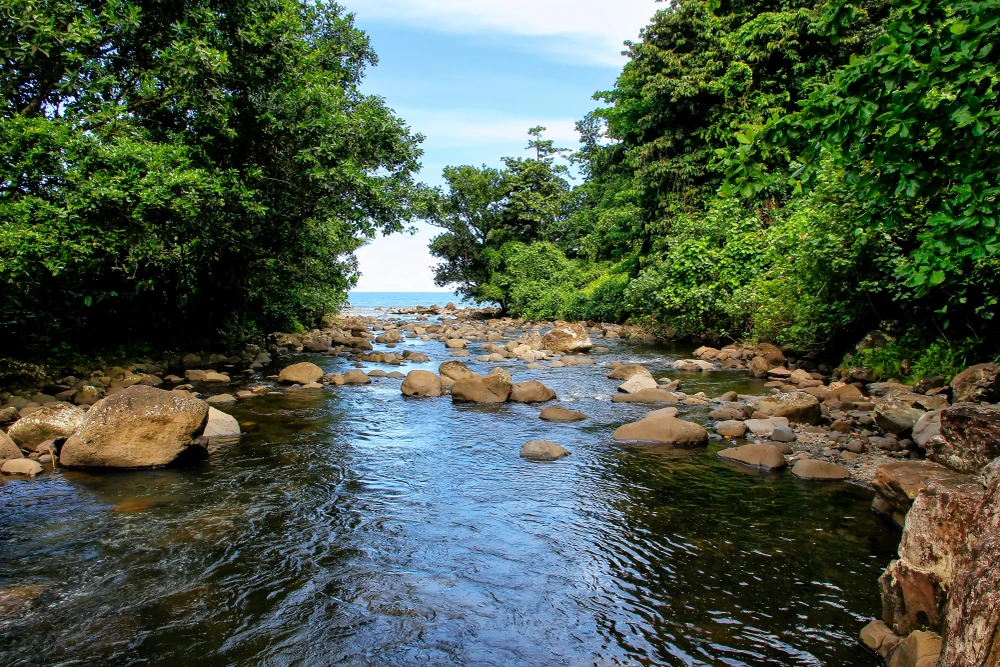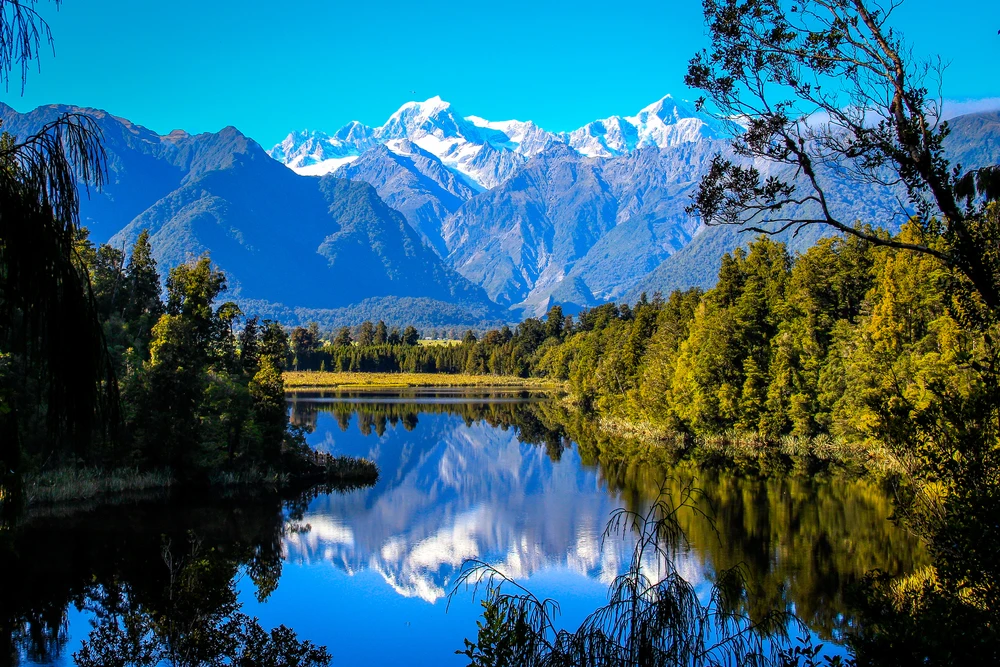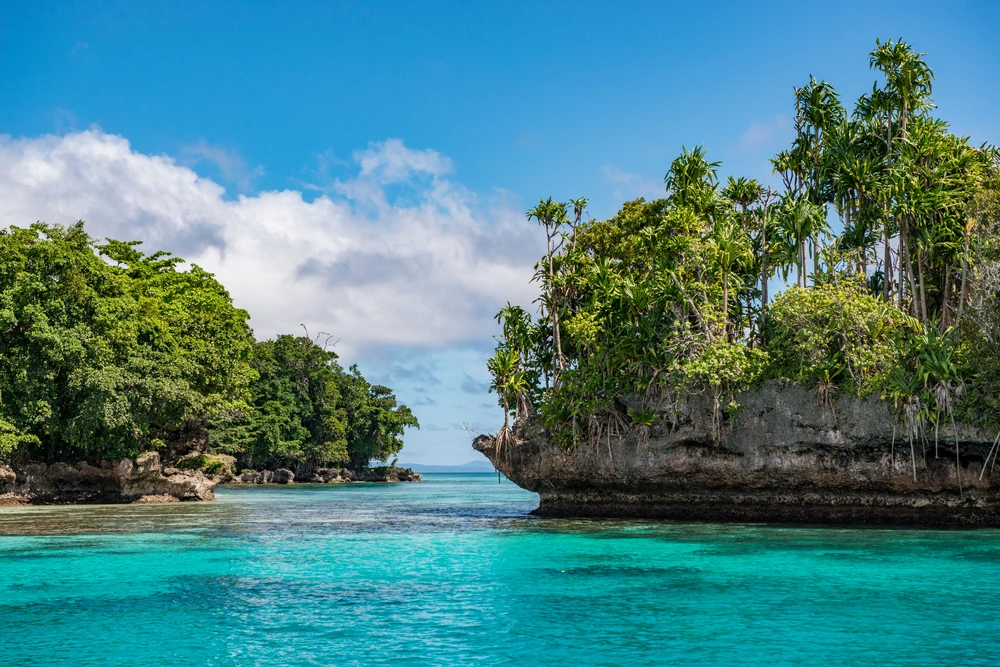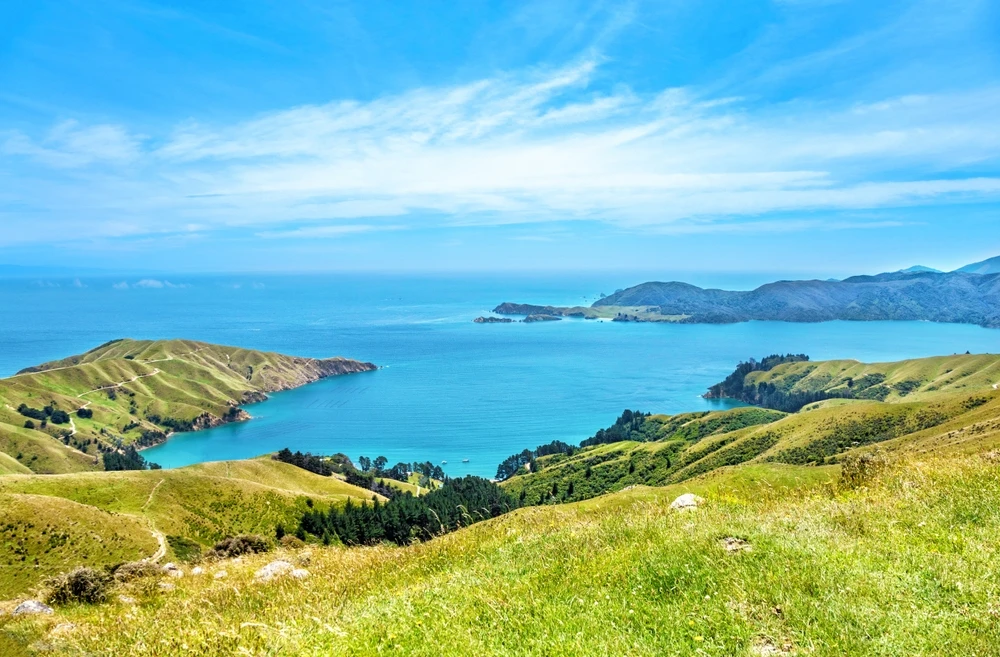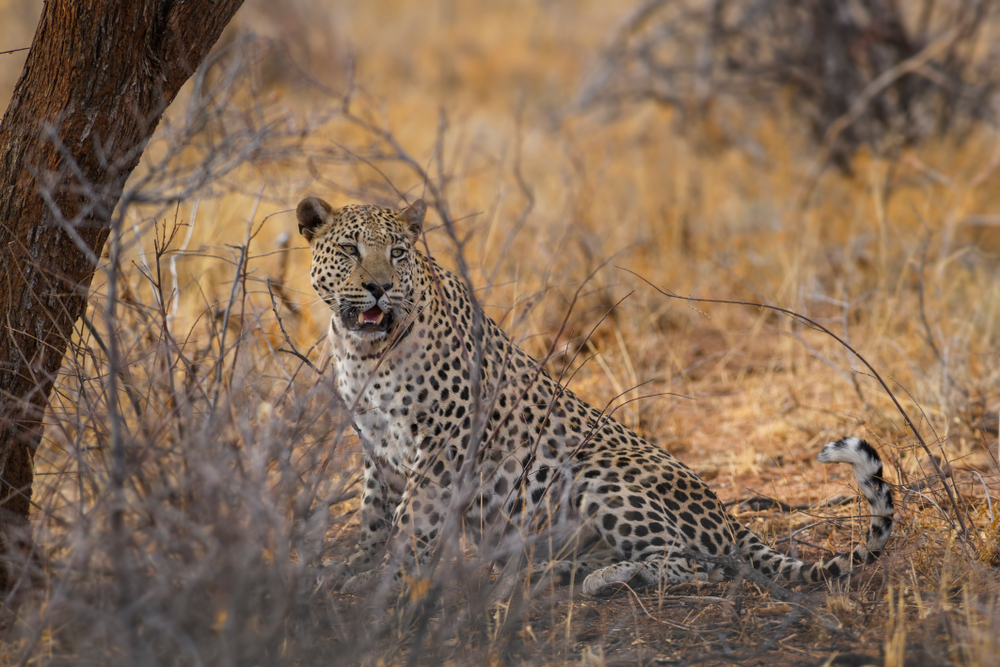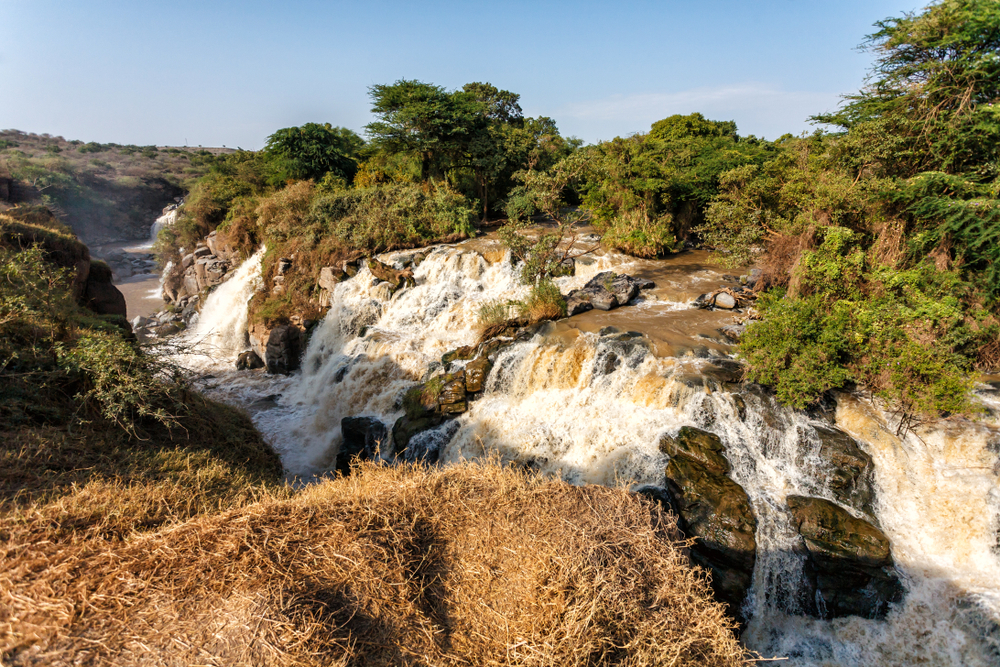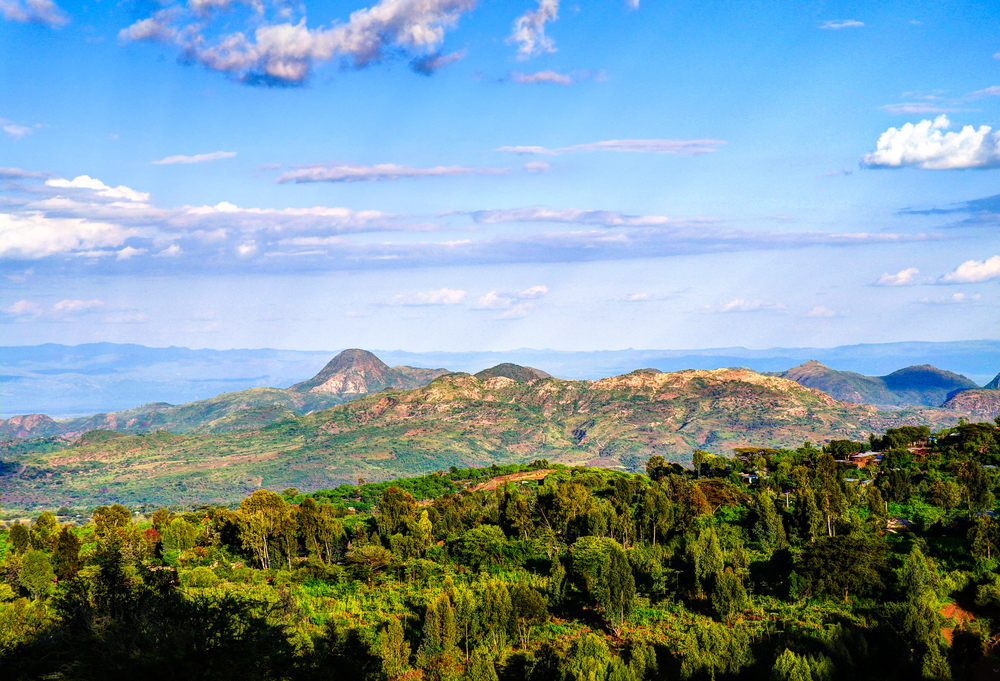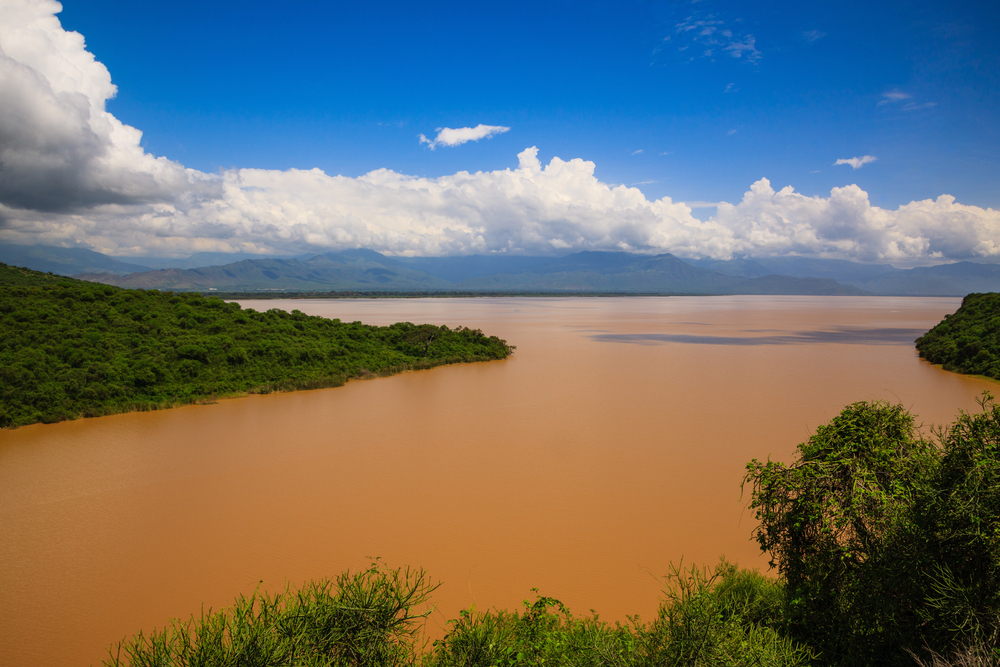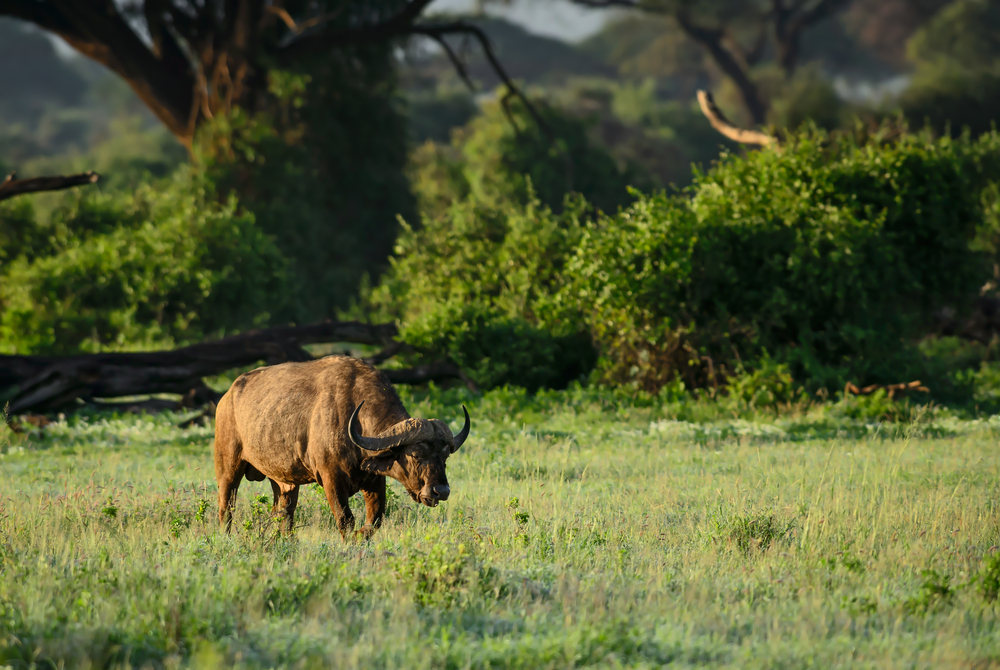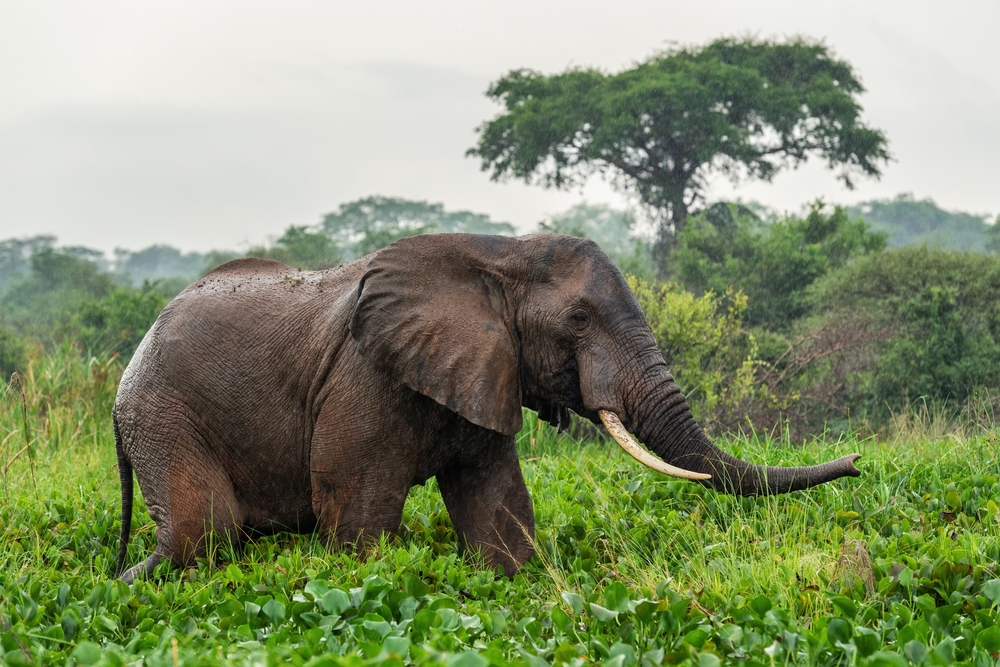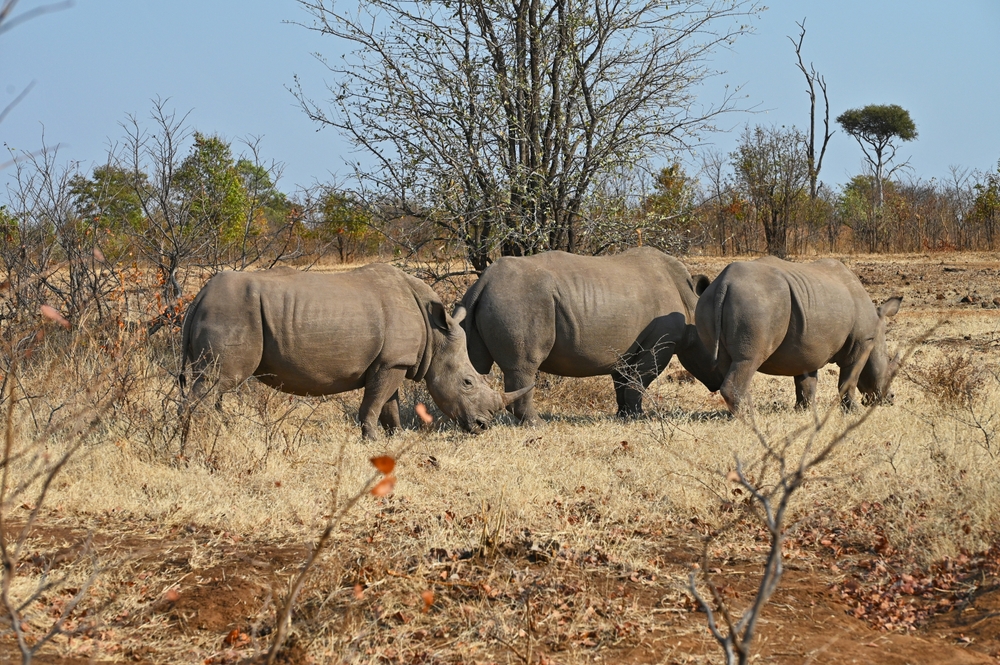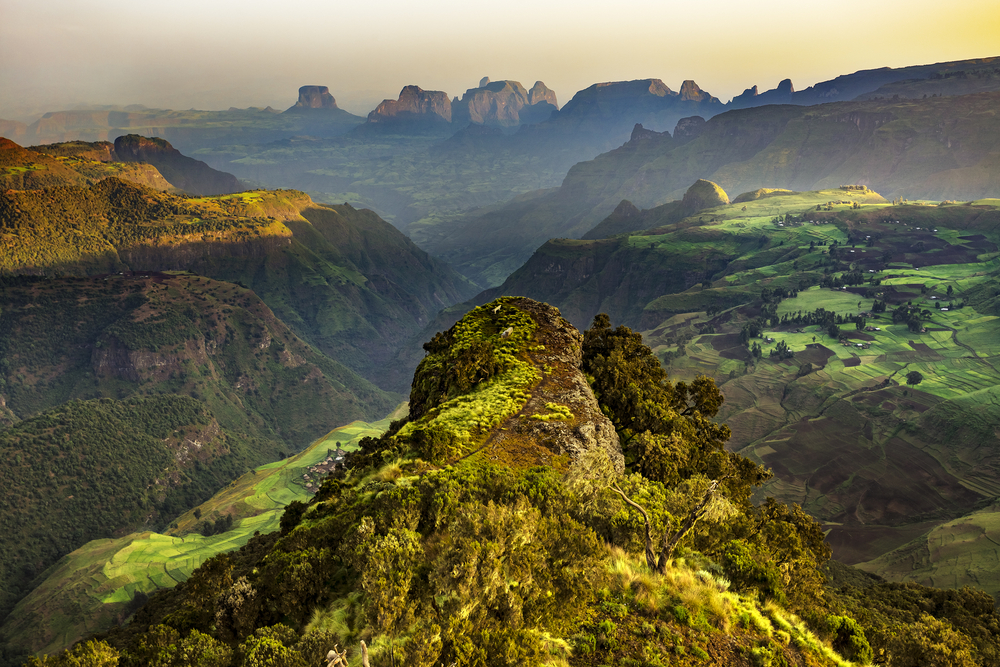Loka-Abaya Overview
Loka-Abaya National Park, located in Ethiopia’s Southern Nations, Nationalities, and Peoples’ Region (SNNPR), is a unique protected area celebrated for its diverse landscapes and ecological importance. Locally referred to as “Loka-Abaya Natonal Park”, the park covers approximately 500 square kilometers (193 square miles) and is positioned between Lake Abaya and the Bilate River. Established to safeguard its rich biodiversity, Loka-Abaya serves as an important ecological corridor in southern Ethiopia.
The terrain of Loka-Abaya National Park is a striking blend of volcanic hills, open savannas, dense woodlands, and riparian ecosystems along the Bilate River. The park’s proximity to Lake Abaya enhances its ecological significance, with wetlands and floodplains forming critical habitats for various species. The area’s volcanic origins are evident in its rugged features and fertile soils, which support a mix of vegetation types, including acacia trees, shrubs, and tall grasses.
The park is home to a wide array of wildlife, making it a haven for biodiversity. Large mammals such as hippos, warthogs, and bushbucks inhabit its wetlands and grasslands. Predators like leopards and hyenas contribute to the ecosystem’s balance, while smaller mammals such as dik-diks and vervet monkeys are frequently observed. Bird enthusiasts will find Loka-Abaya particularly rewarding, as the park is a habitat for over 200 bird species, including Abyssinian ground hornbills, African fish eagles, and flamingos near the lake’s shores. Reptiles such as Nile crocodiles and monitor lizards thrive in the wetlands and riverine areas.
Visitors to Loka-Abaya National Park can explore its natural beauty through guided safaris, boat trips on Lake Abaya, and birdwatching tours. The park’s hiking trails provide opportunities to traverse its volcanic terrain and woodlands, offering stunning views of the surrounding landscapes. Cultural interactions with local communities, including the Sidama people, allow visitors to learn about traditional practices and their harmonious relationship with the environment. The park’s tranquil setting and proximity to other attractions in the region make it an ideal destination for eco-tourists.
Despite its ecological importance, Loka-Abaya National Park faces significant challenges. Habitat degradation due to agricultural expansion, illegal grazing, and deforestation threatens its ecosystems. Human-wildlife conflict and limited infrastructure for tourism and conservation further complicate management efforts. The Ethiopian Wildlife Conservation Authority (EWCA), in collaboration with local communities and international organizations, is working to address these issues. Conservation initiatives include habitat restoration, anti-poaching measures, and community-based programs to promote sustainable resource use. Developing eco-tourism infrastructure is also a priority to generate revenue while raising awareness about the park’s significance.
Loka-Abaya National Park is a critical part of Ethiopia’s natural heritage, offering a glimpse into the country’s diverse ecosystems and cultural richness. Its volcanic landscapes, abundant wildlife, and role in supporting local communities make it a vital conservation area and an emerging destination for sustainable tourism. Protecting this park ensures the preservation of its unique ecosystems for future generations.


